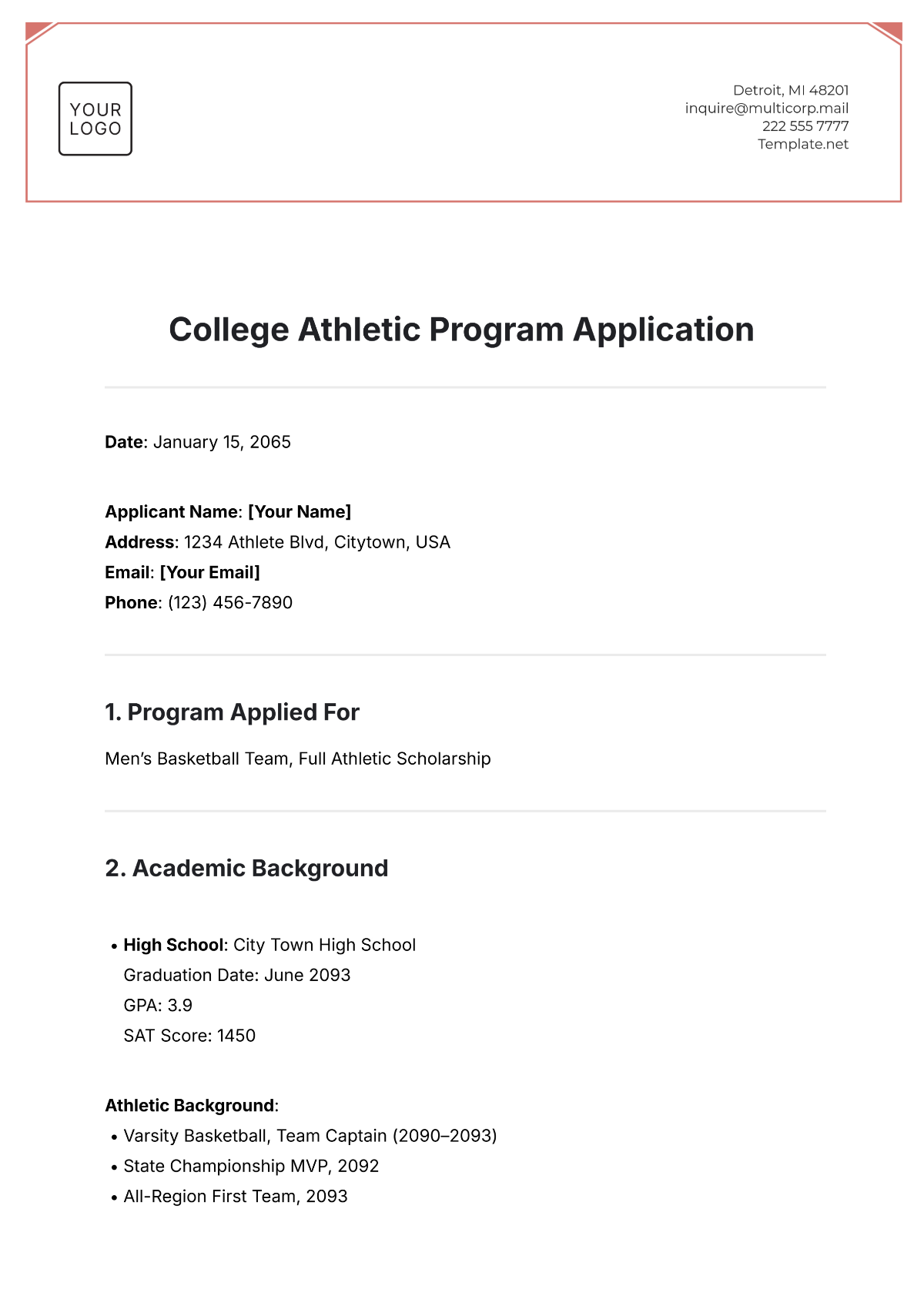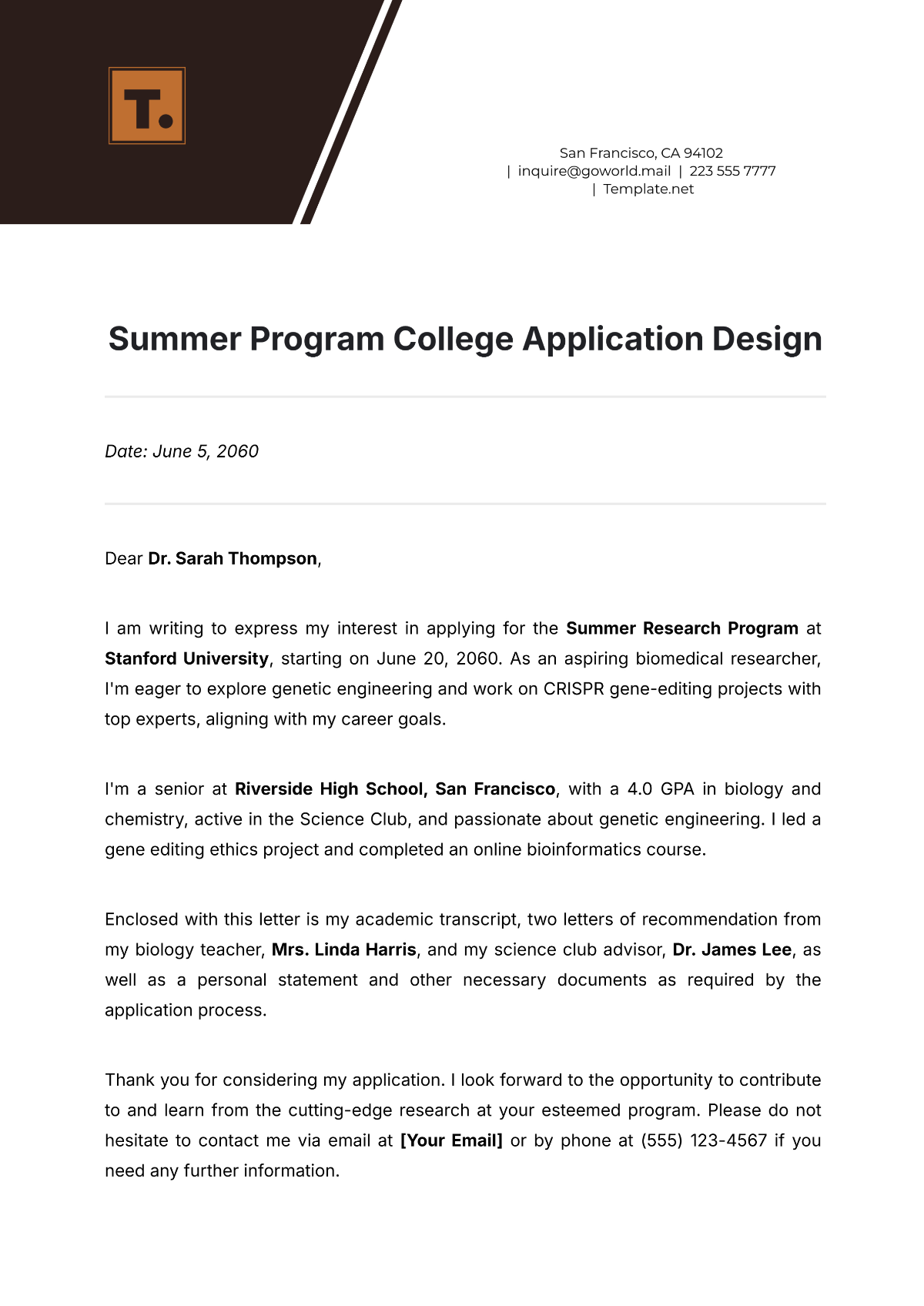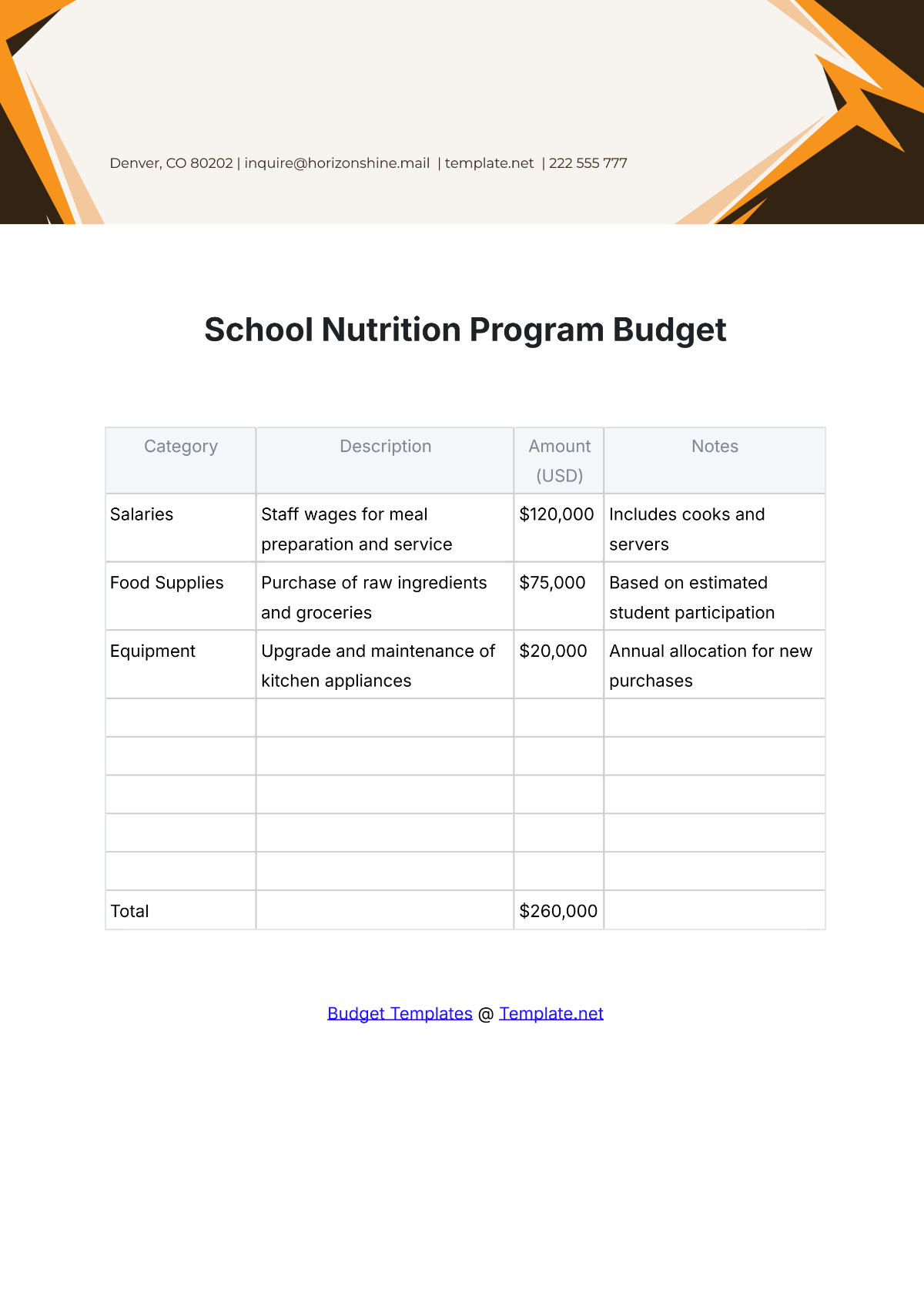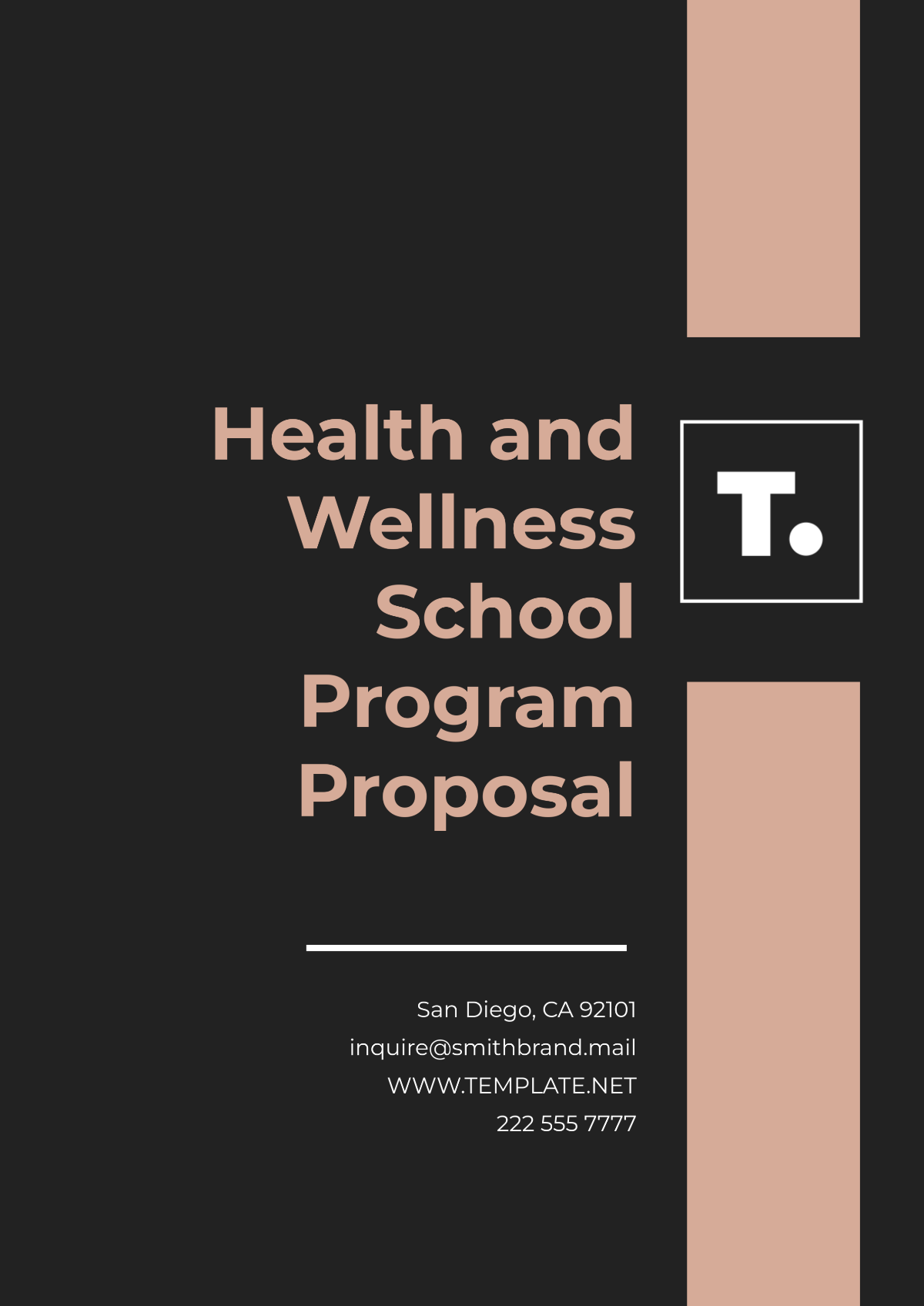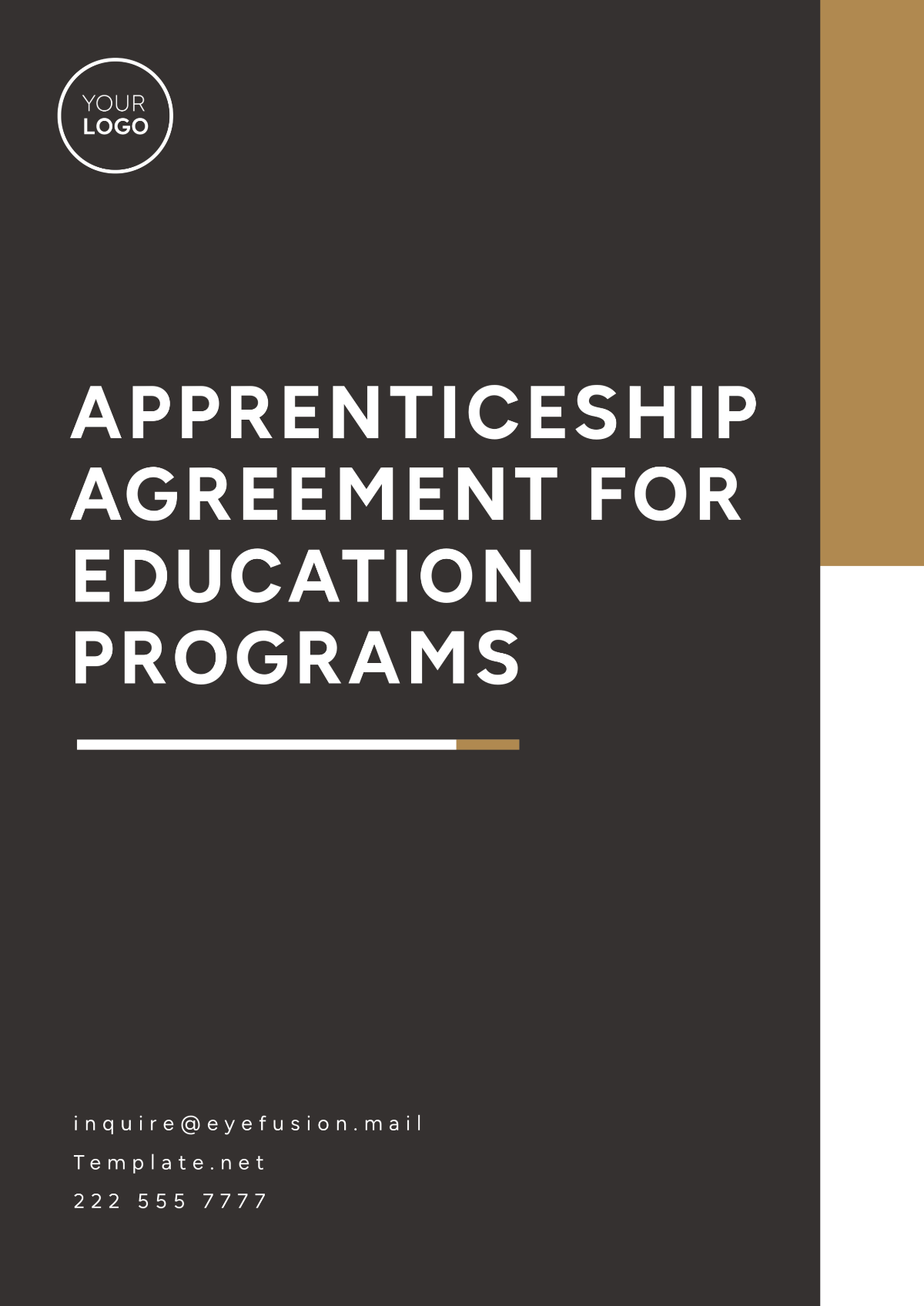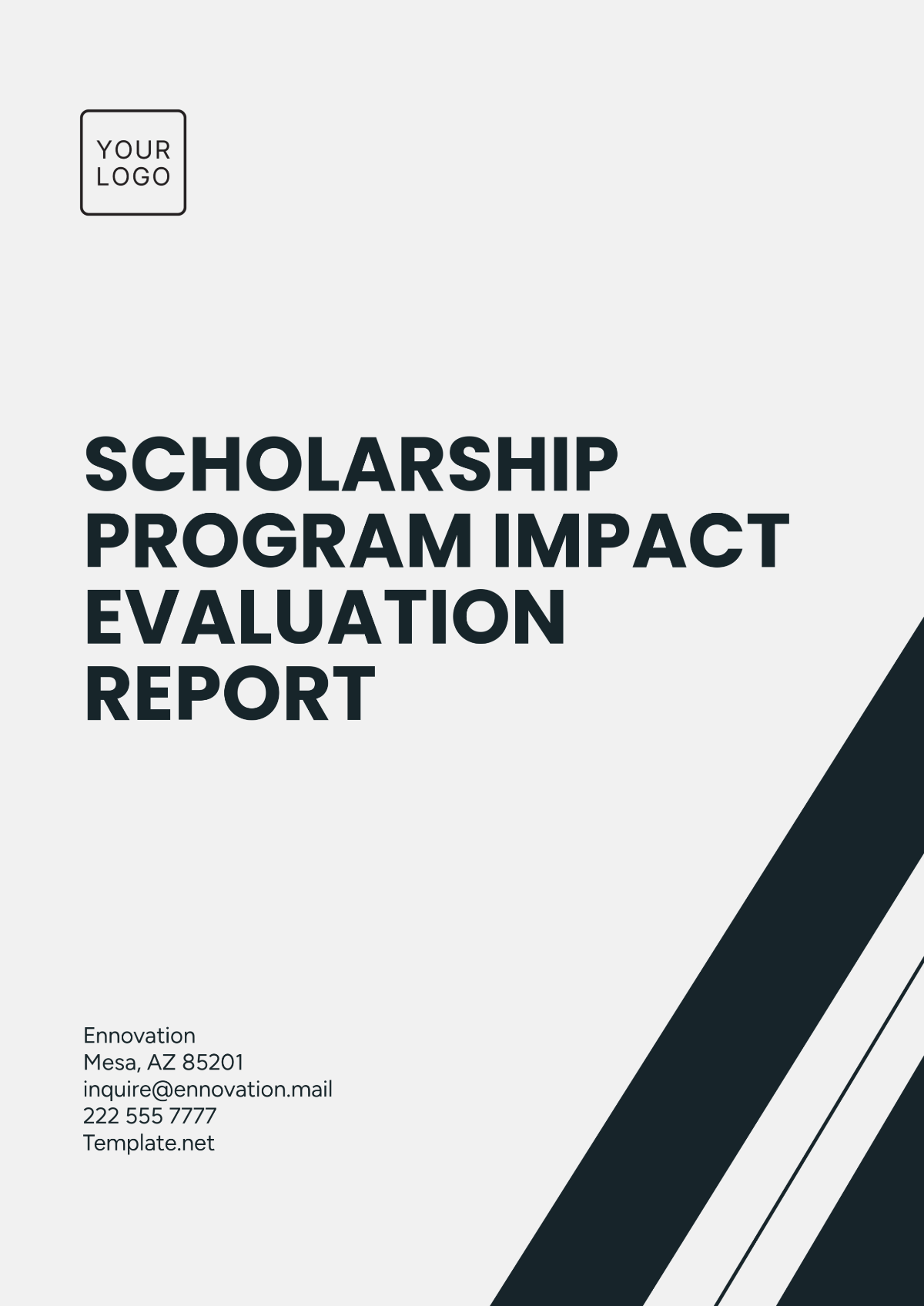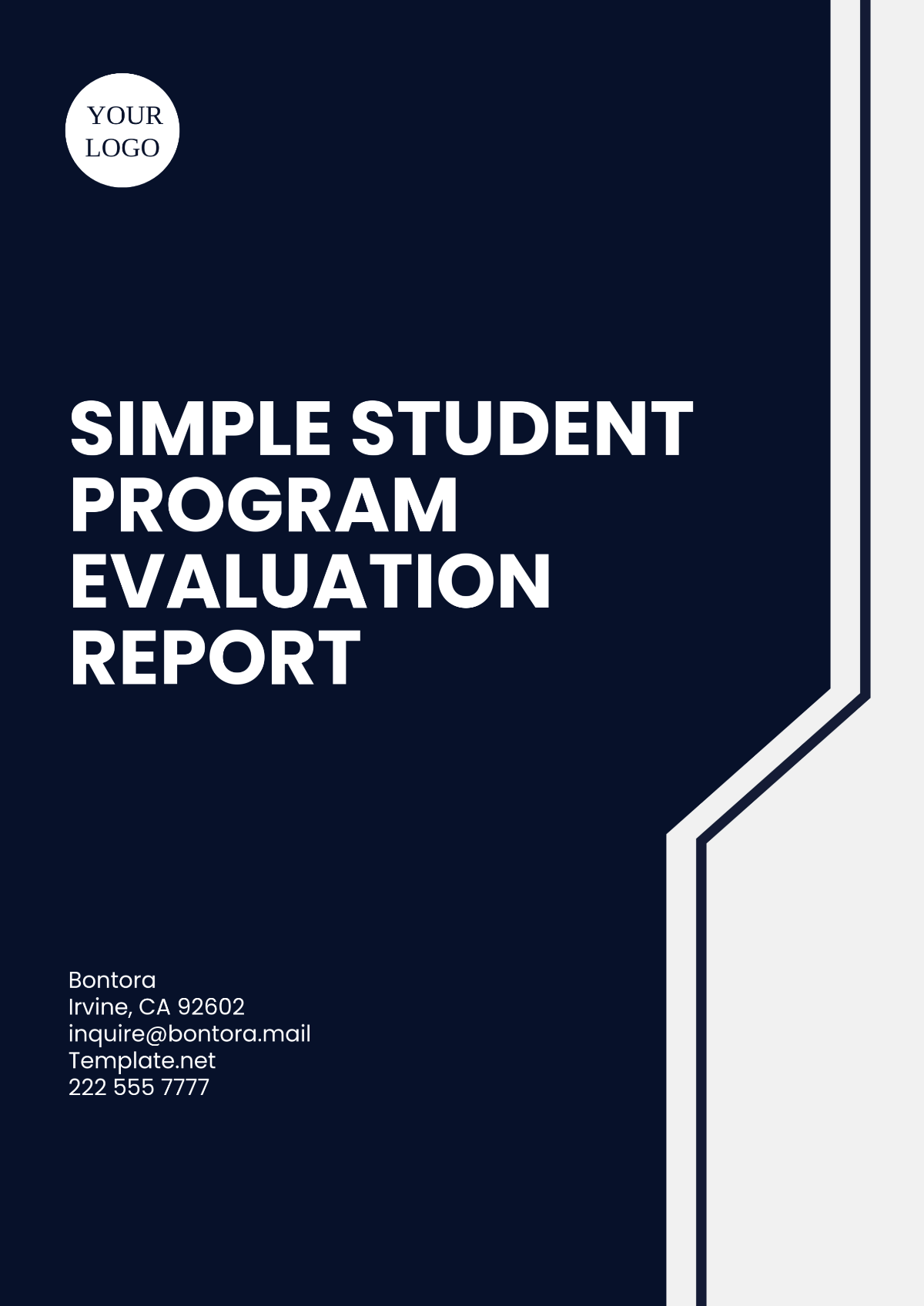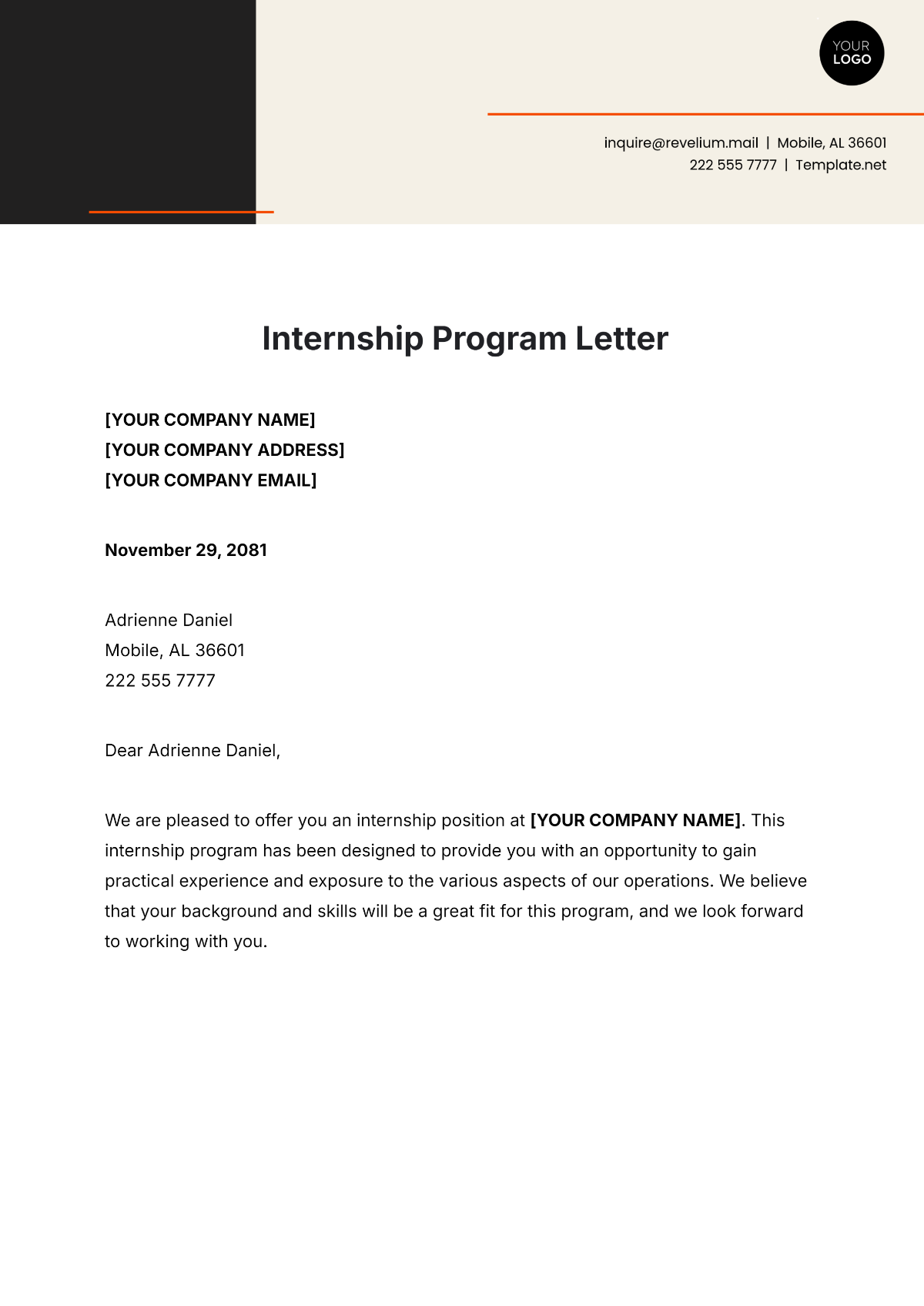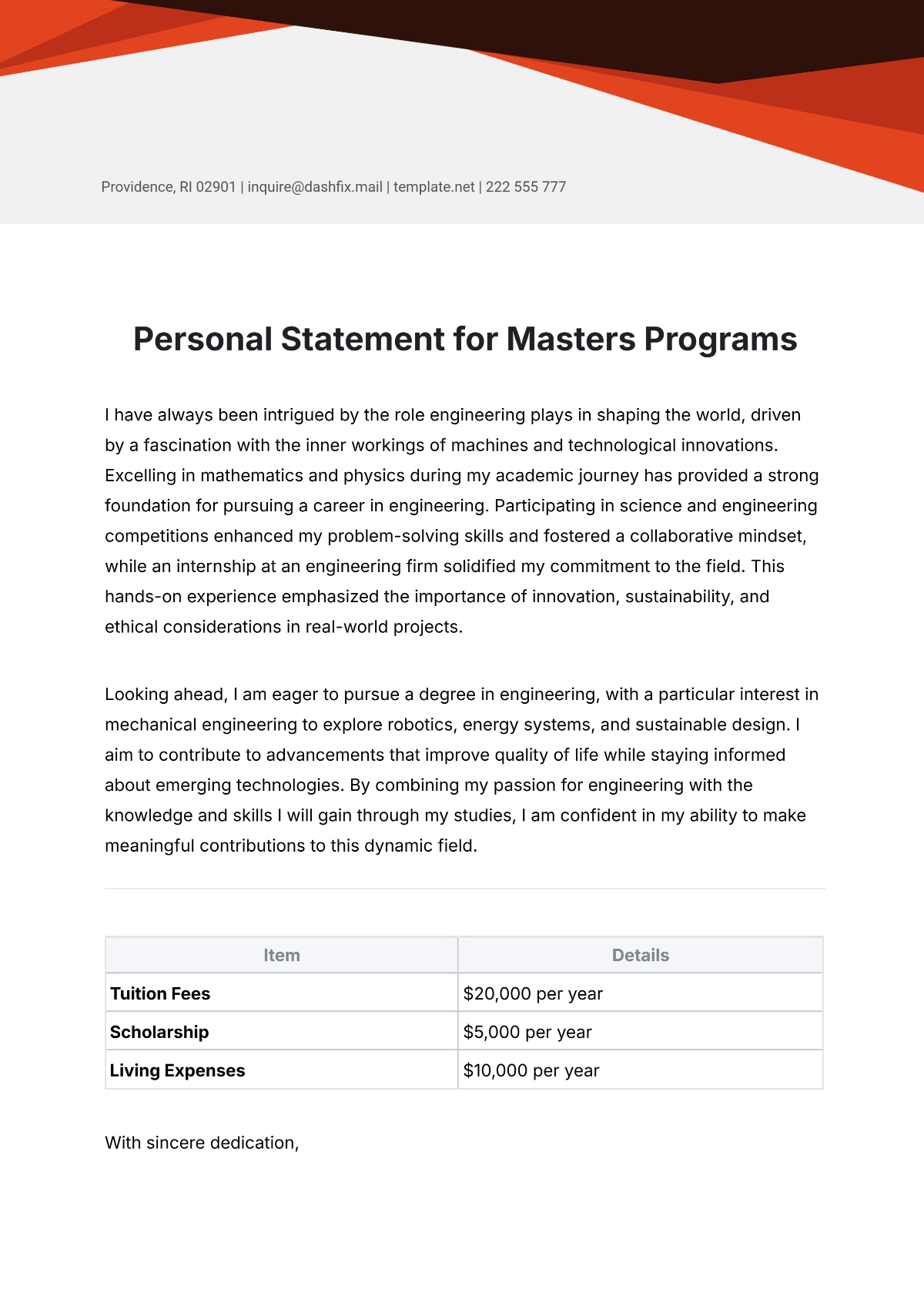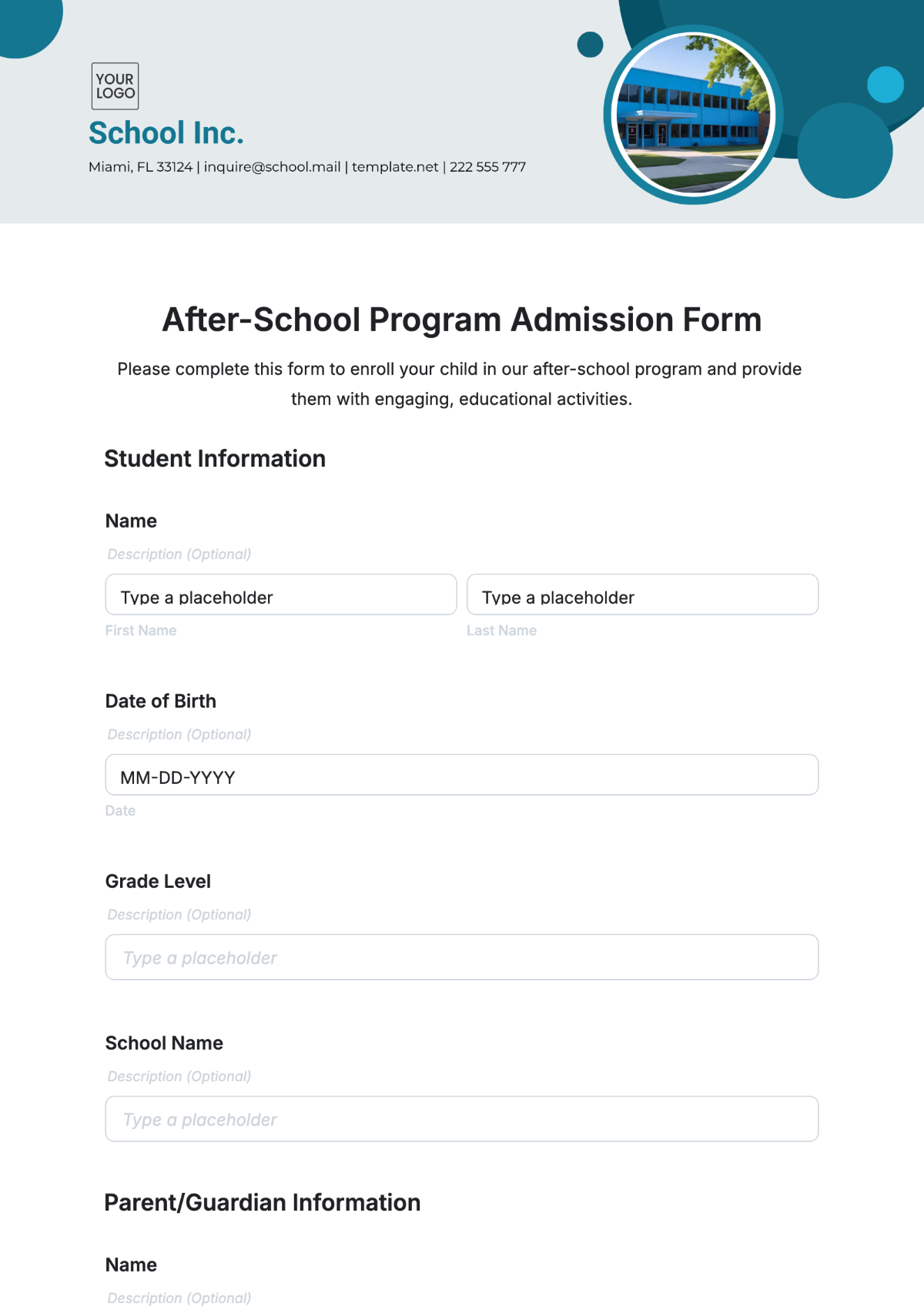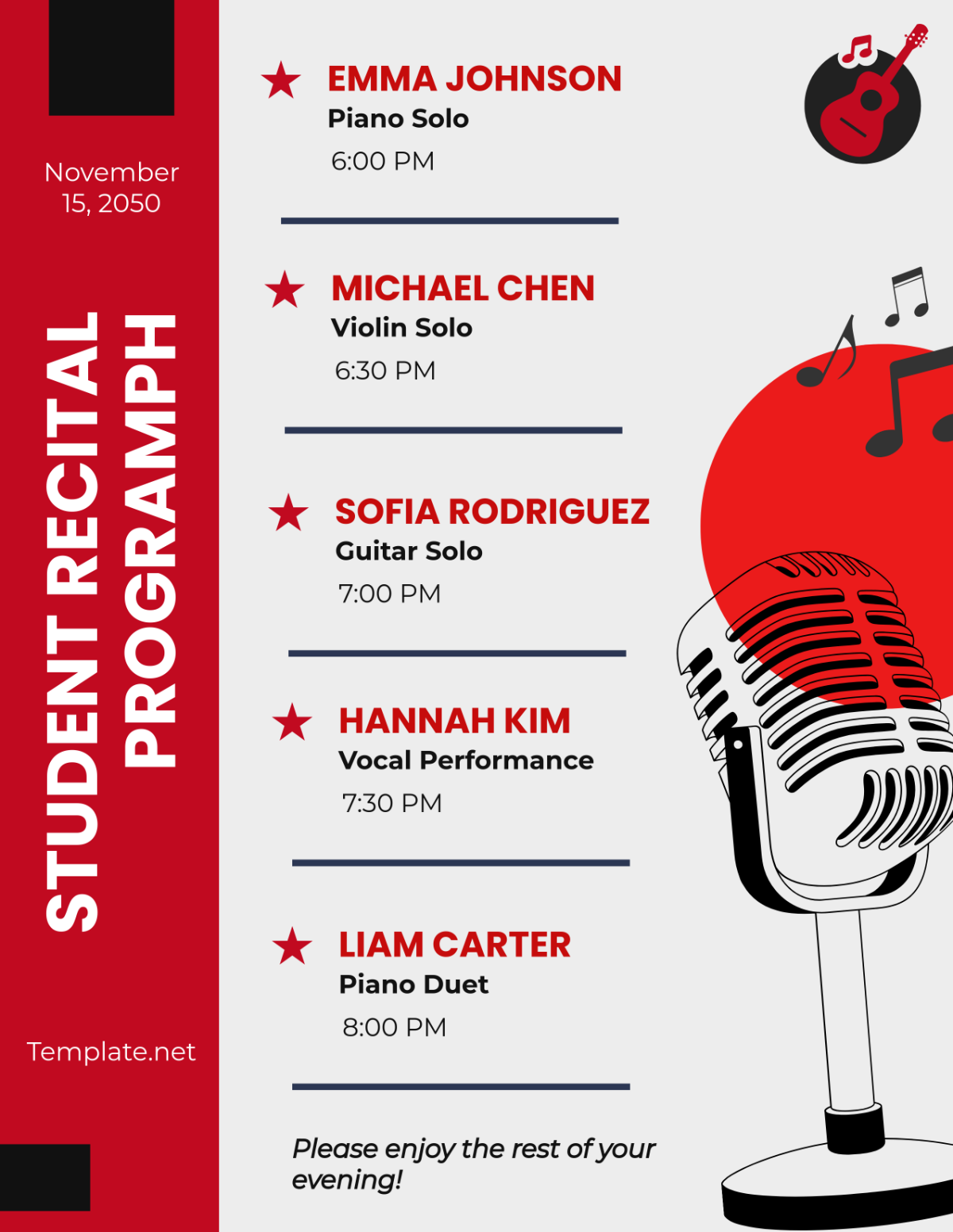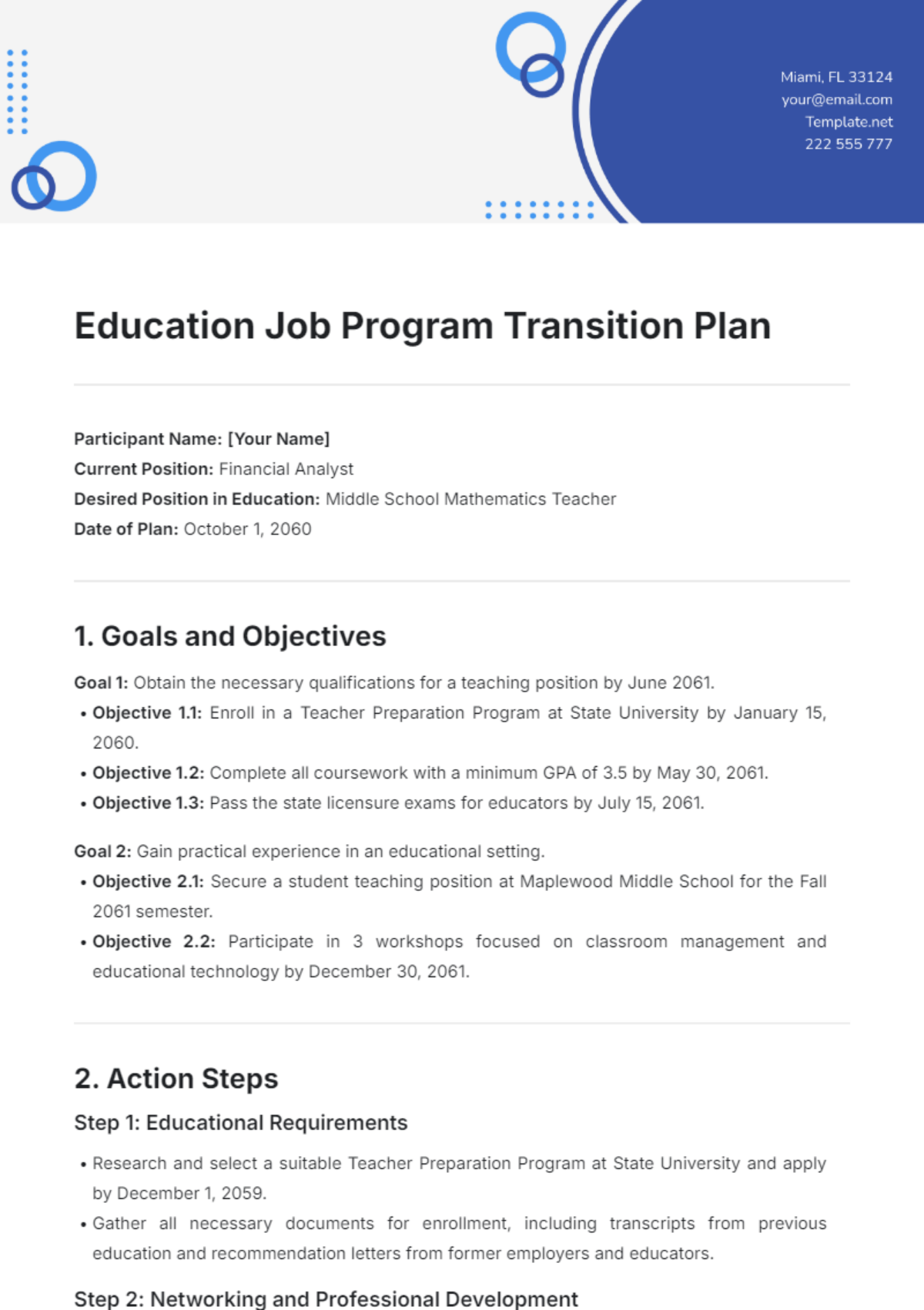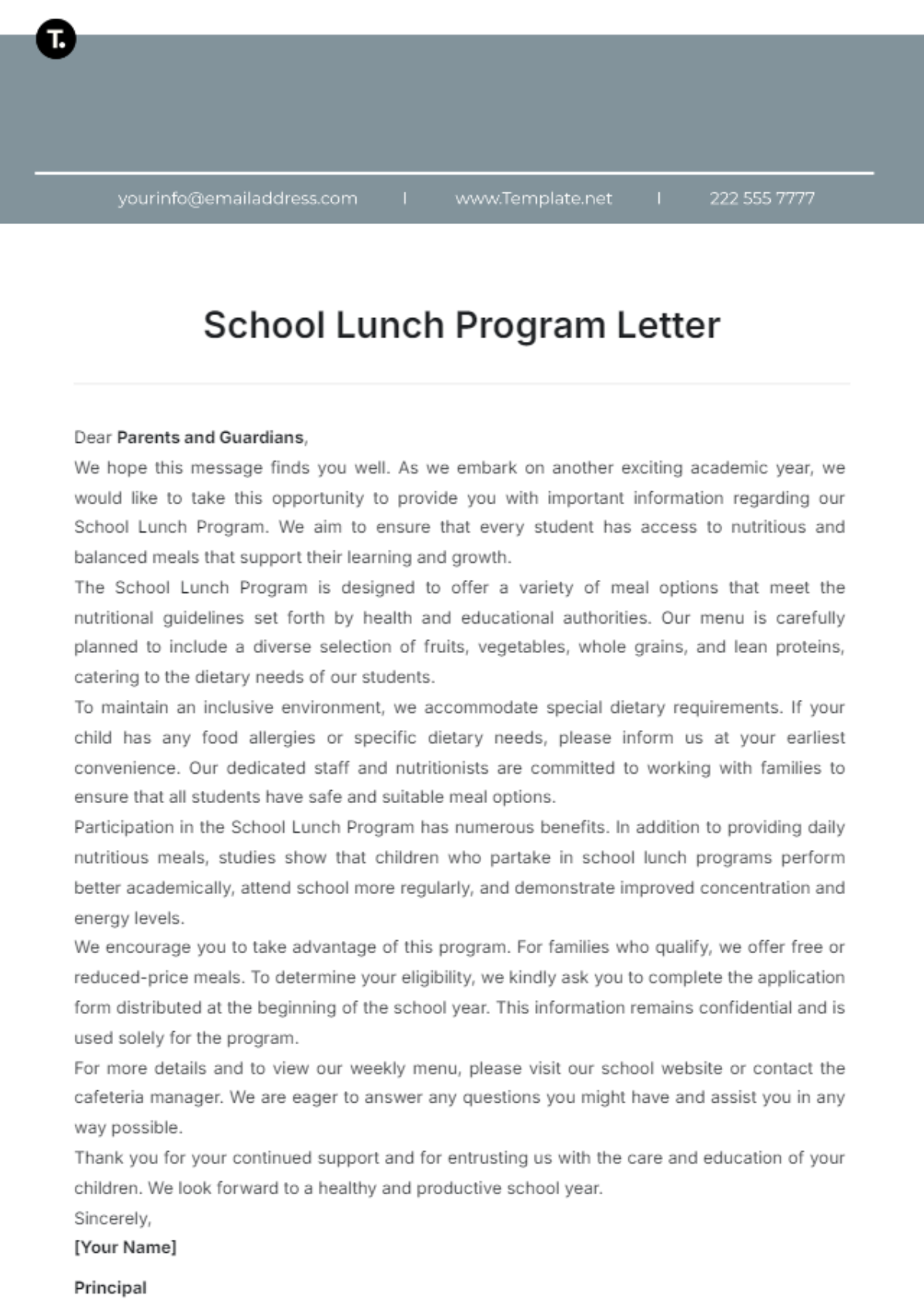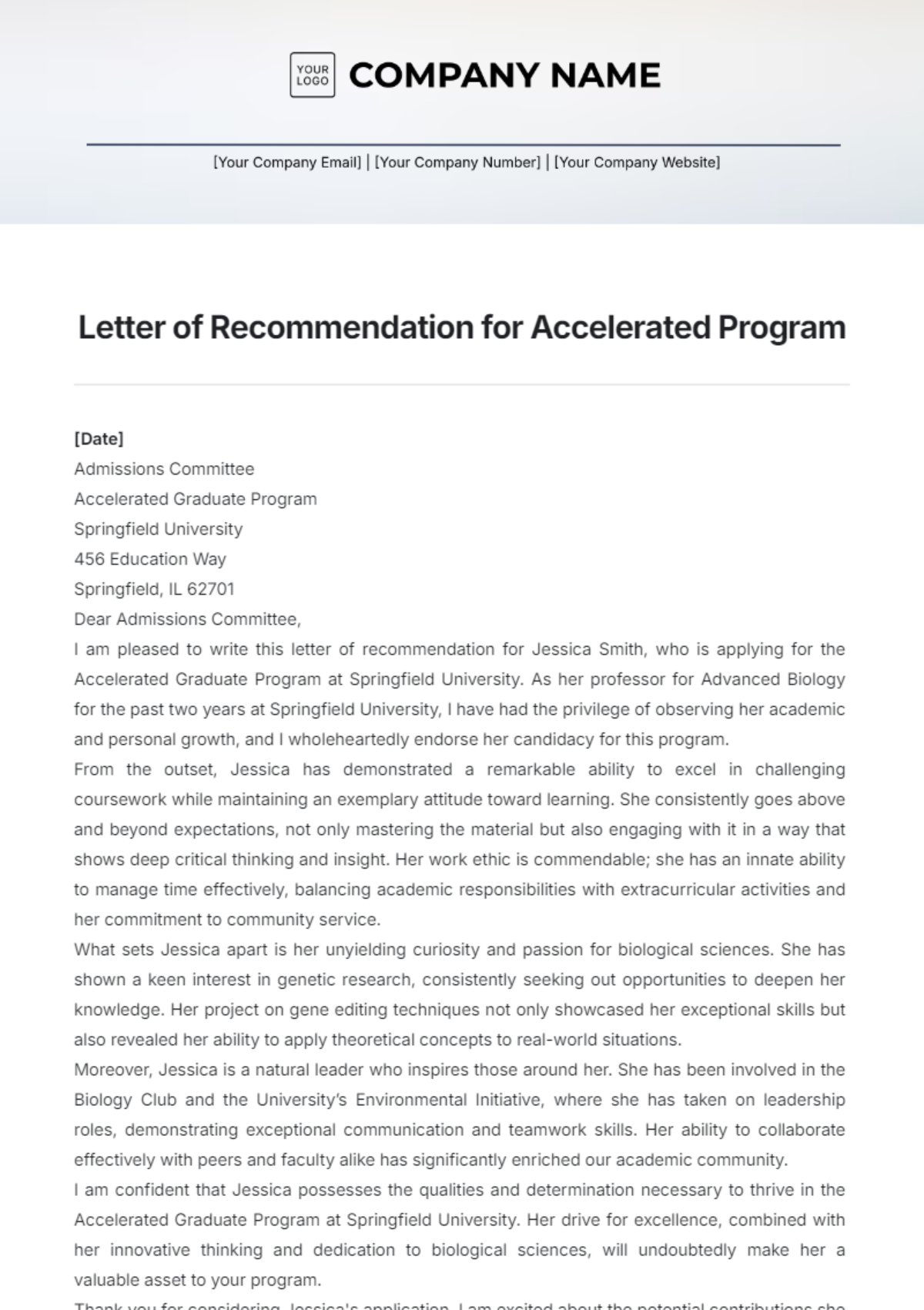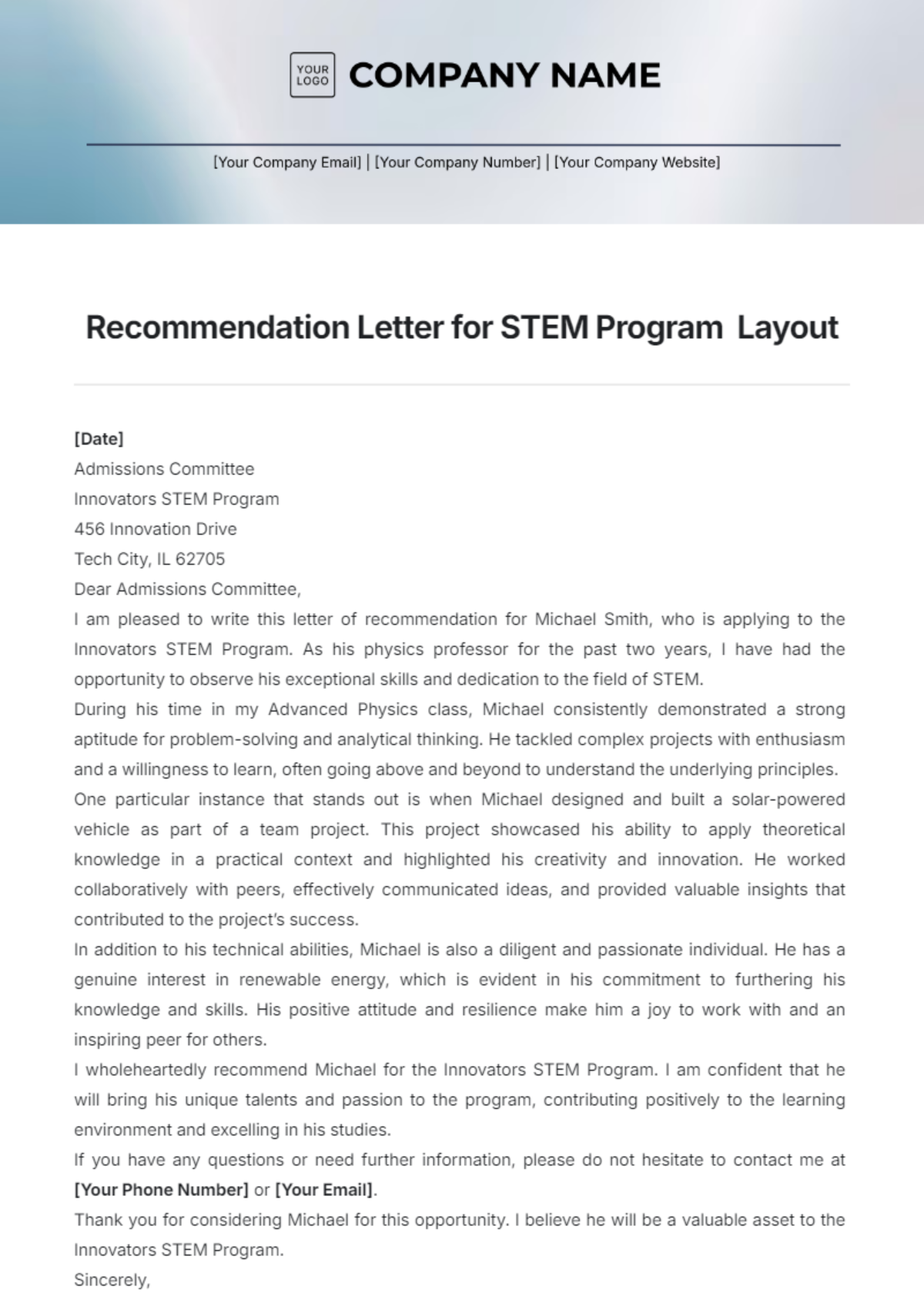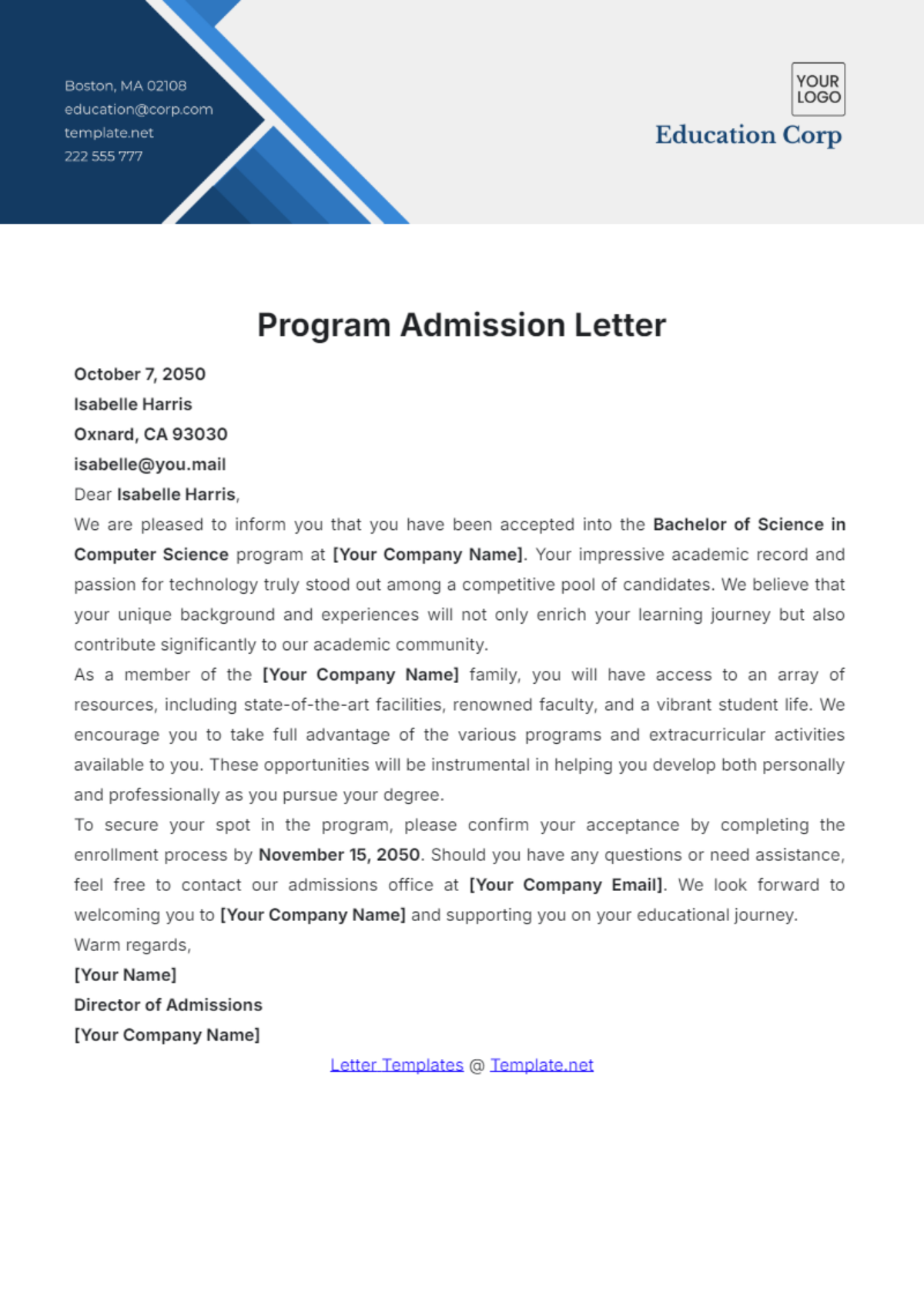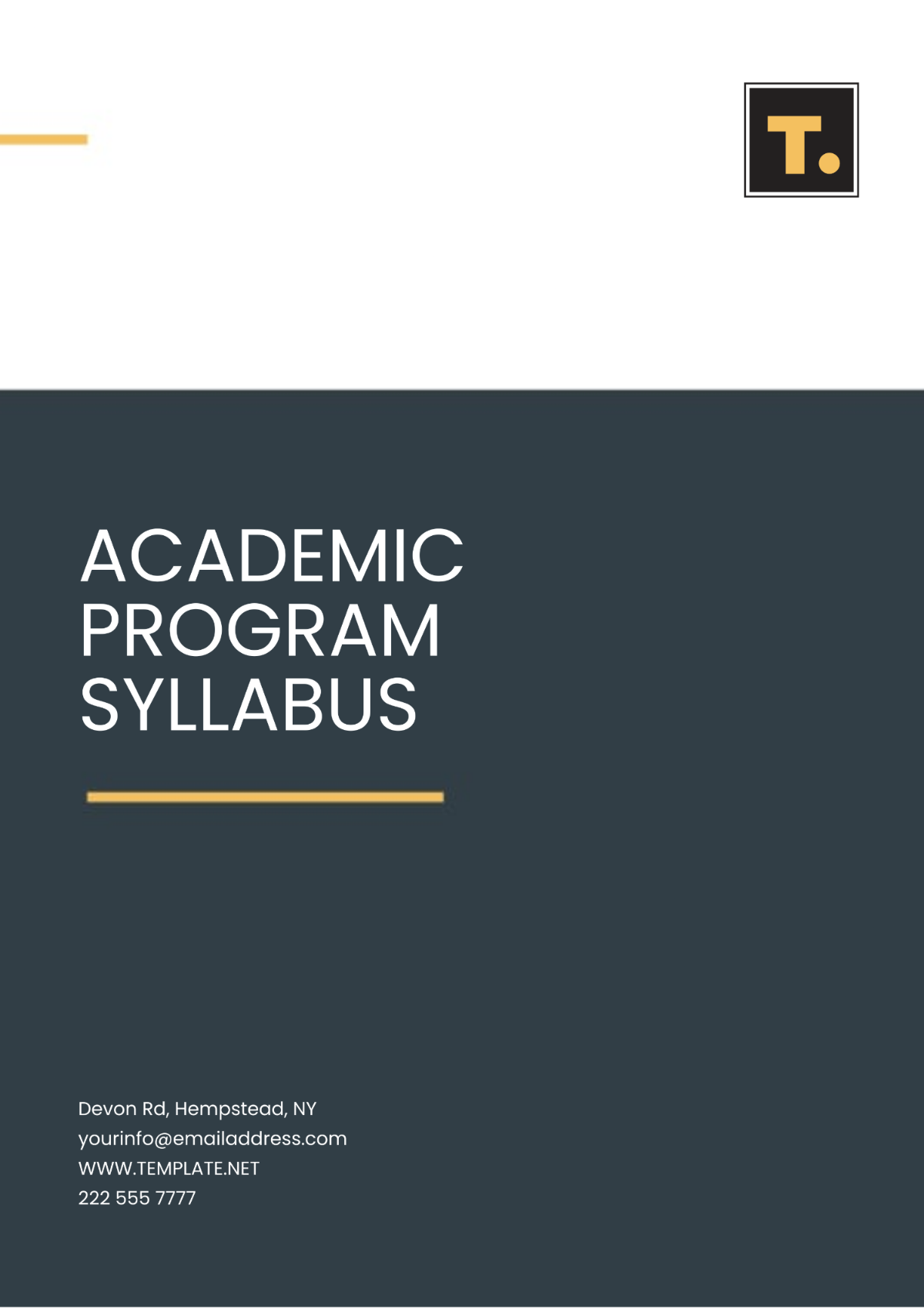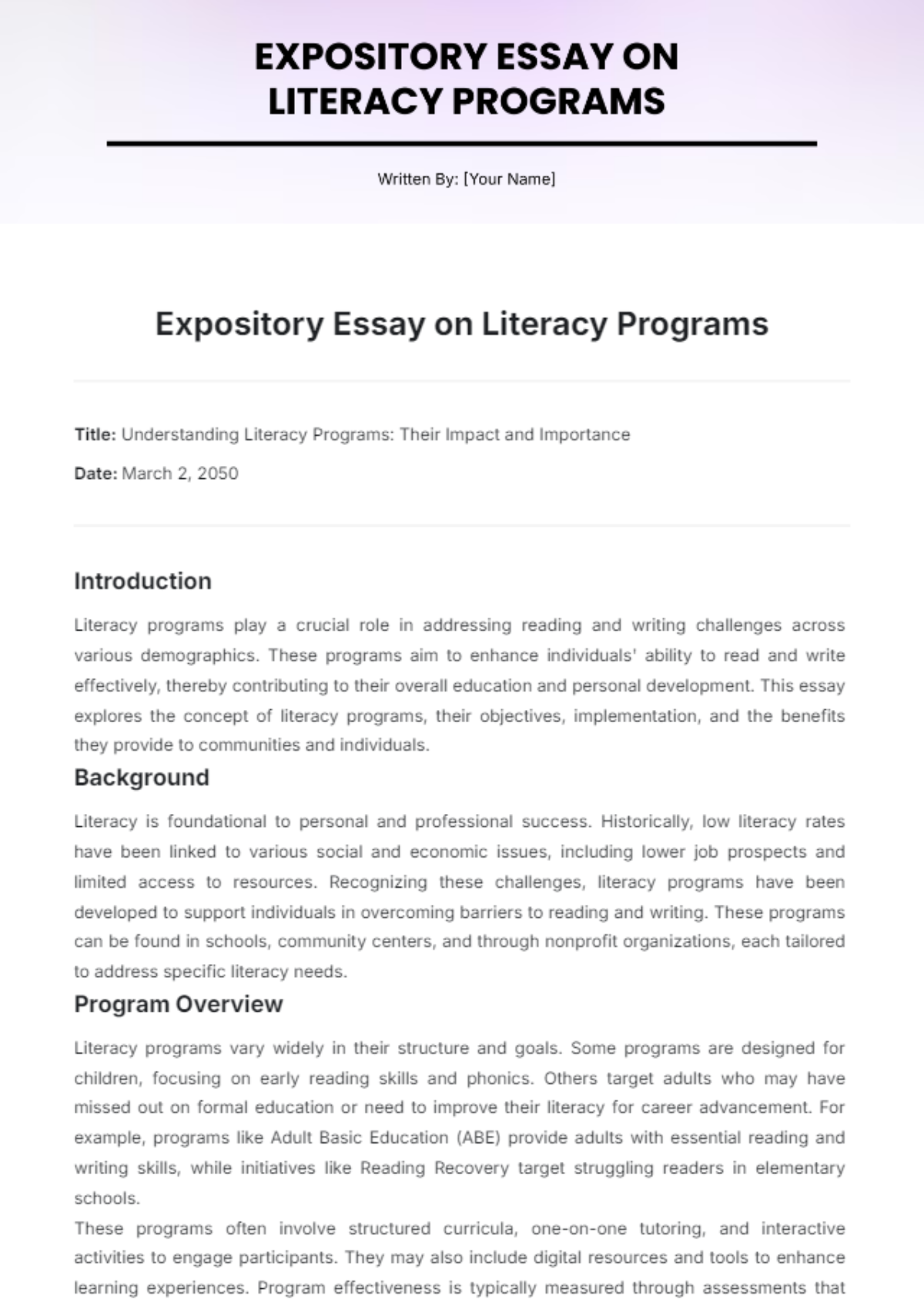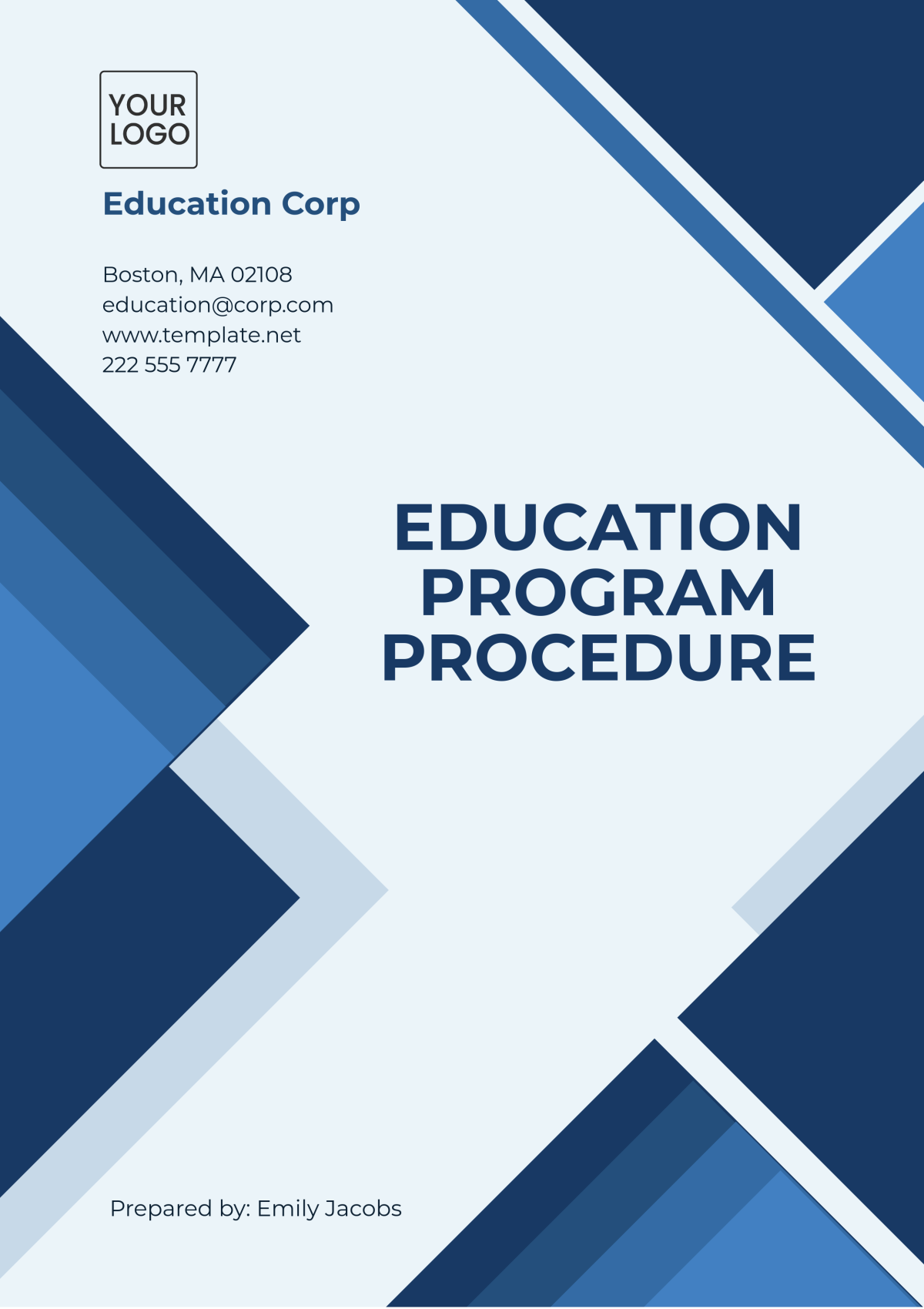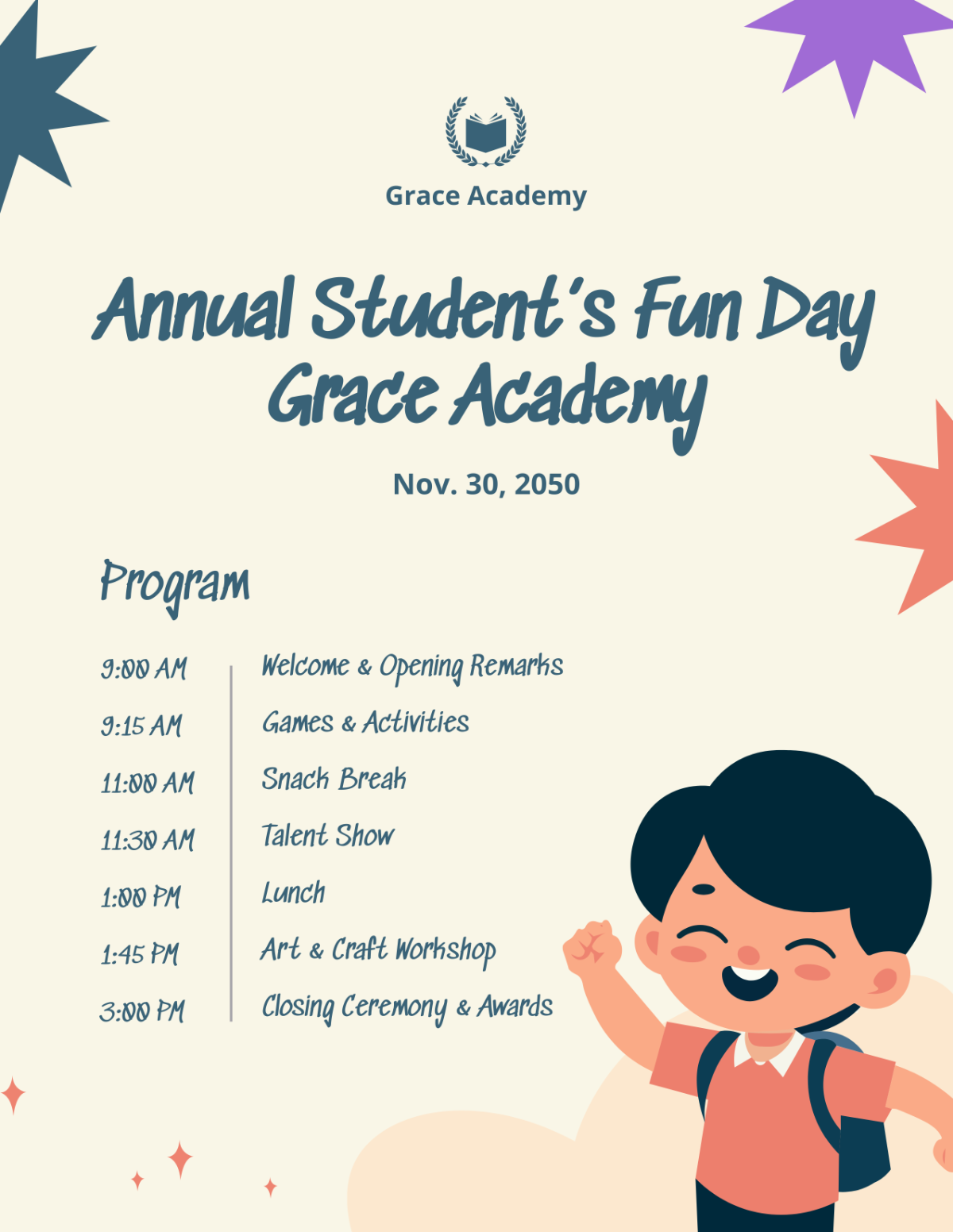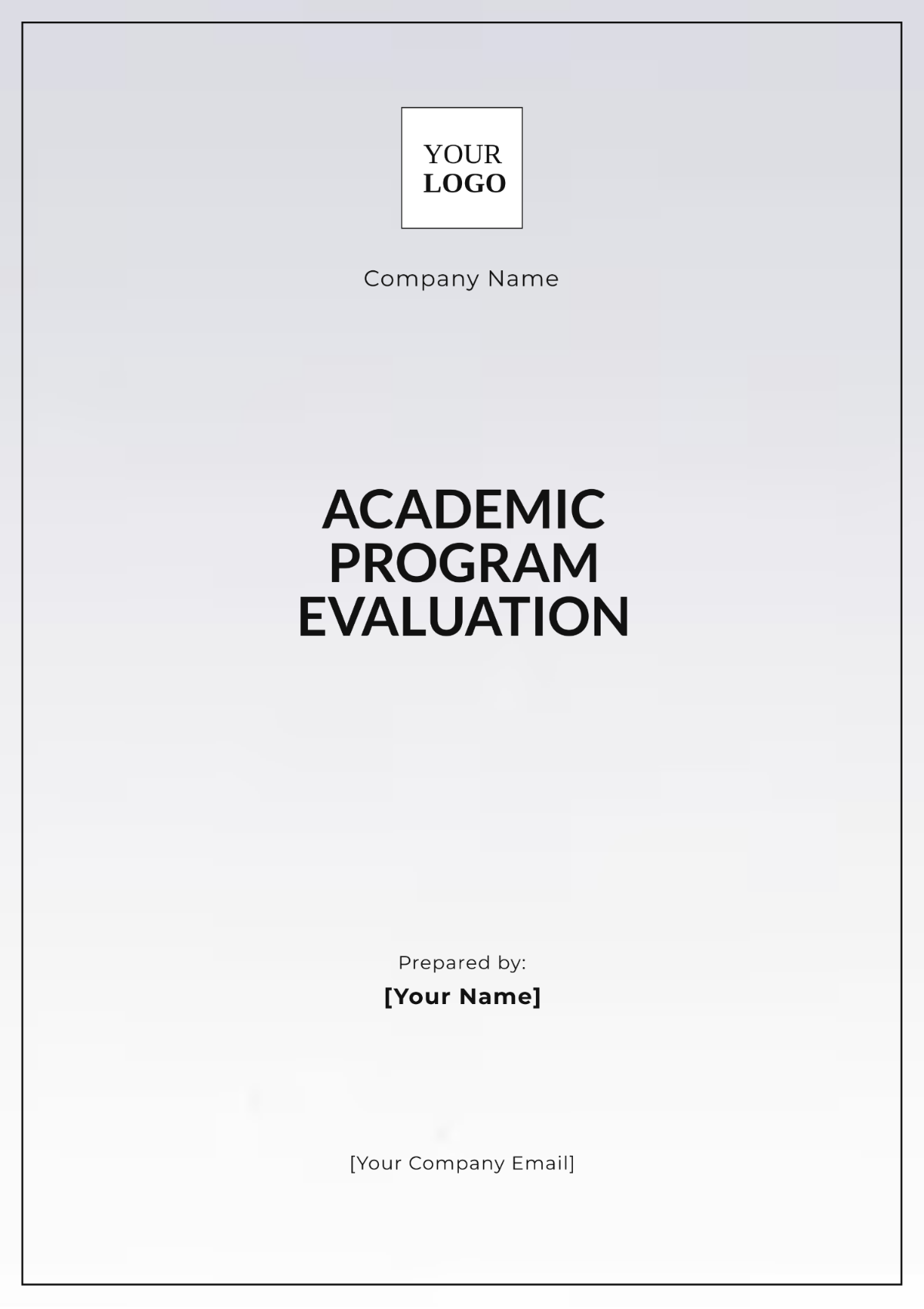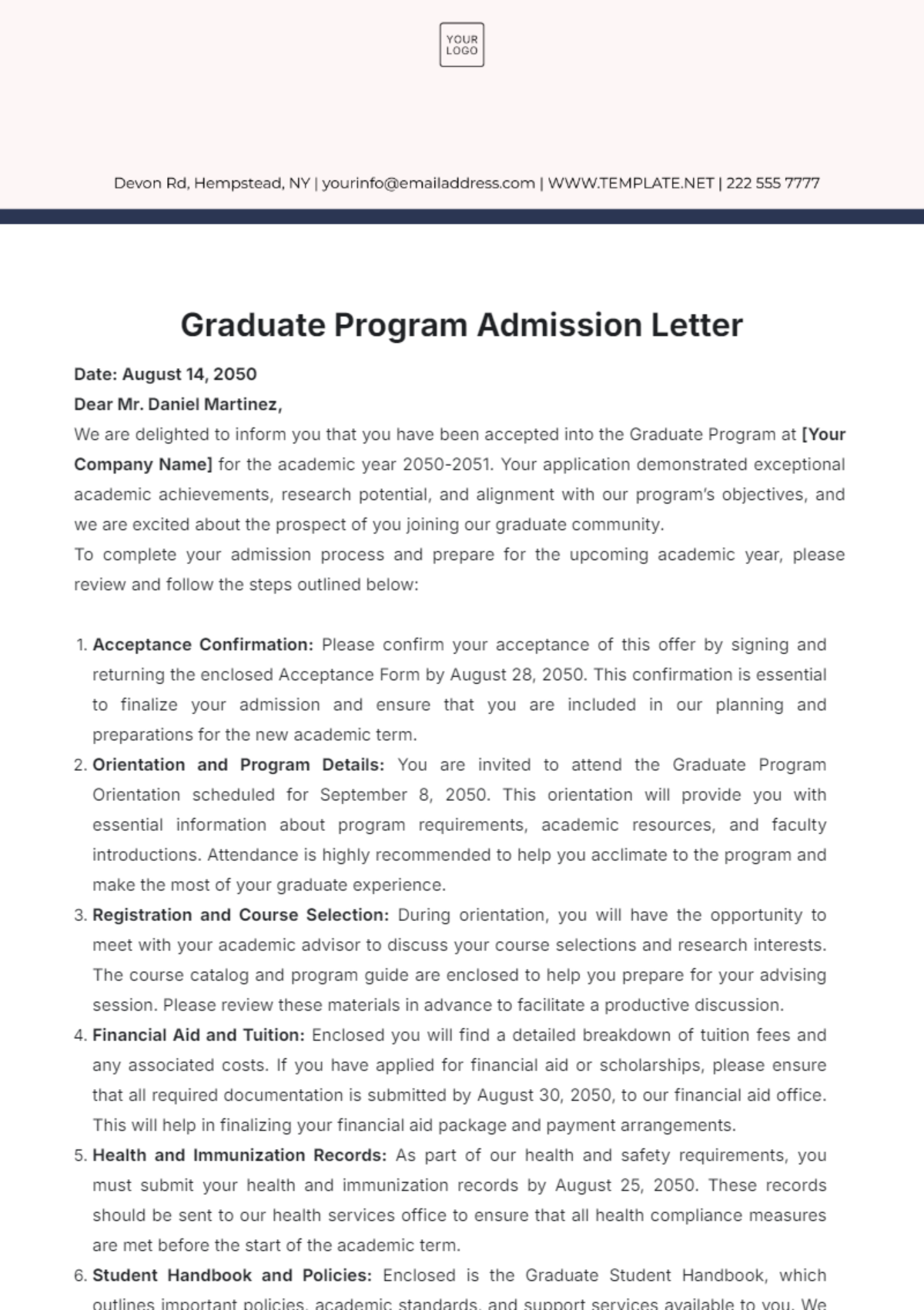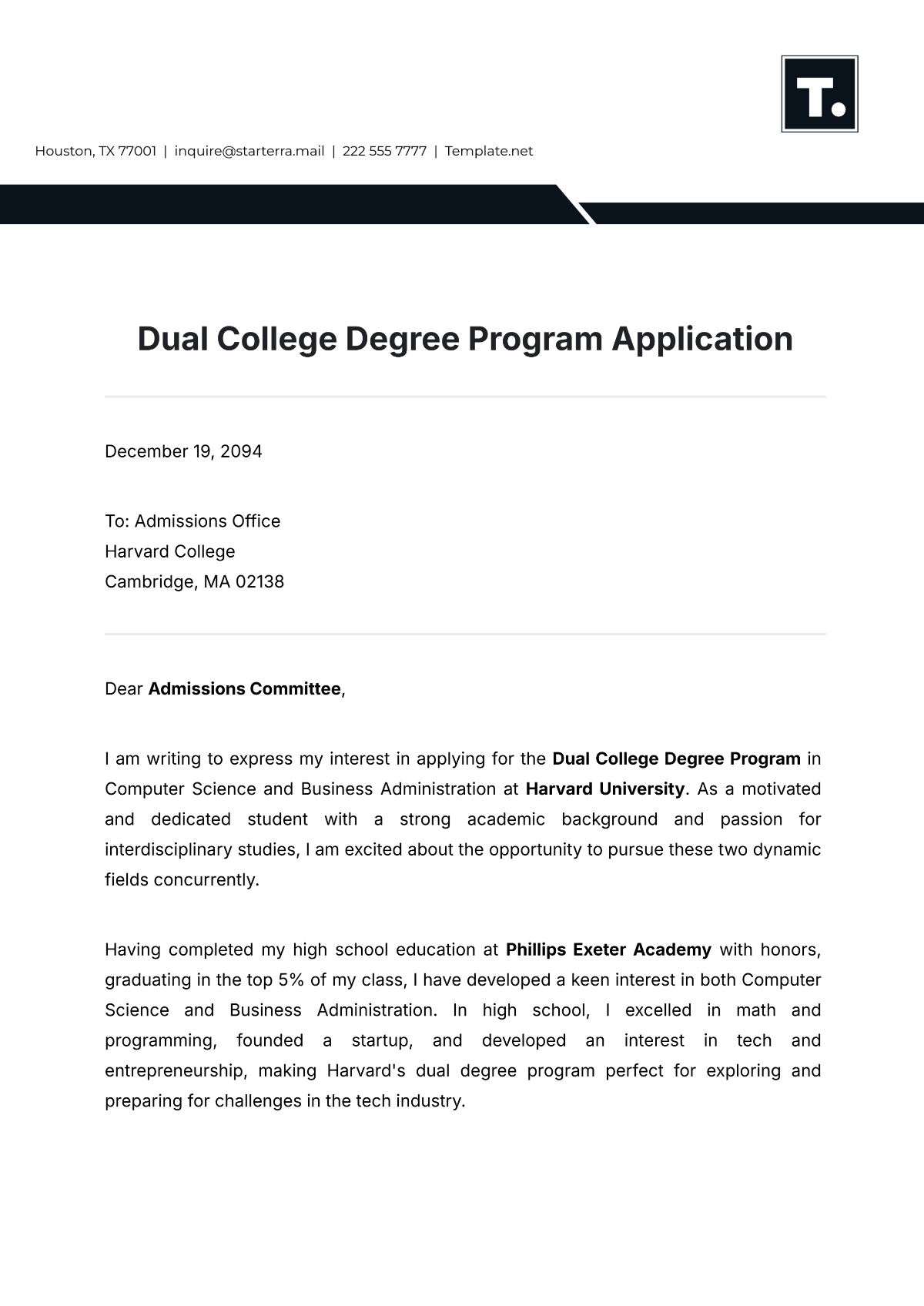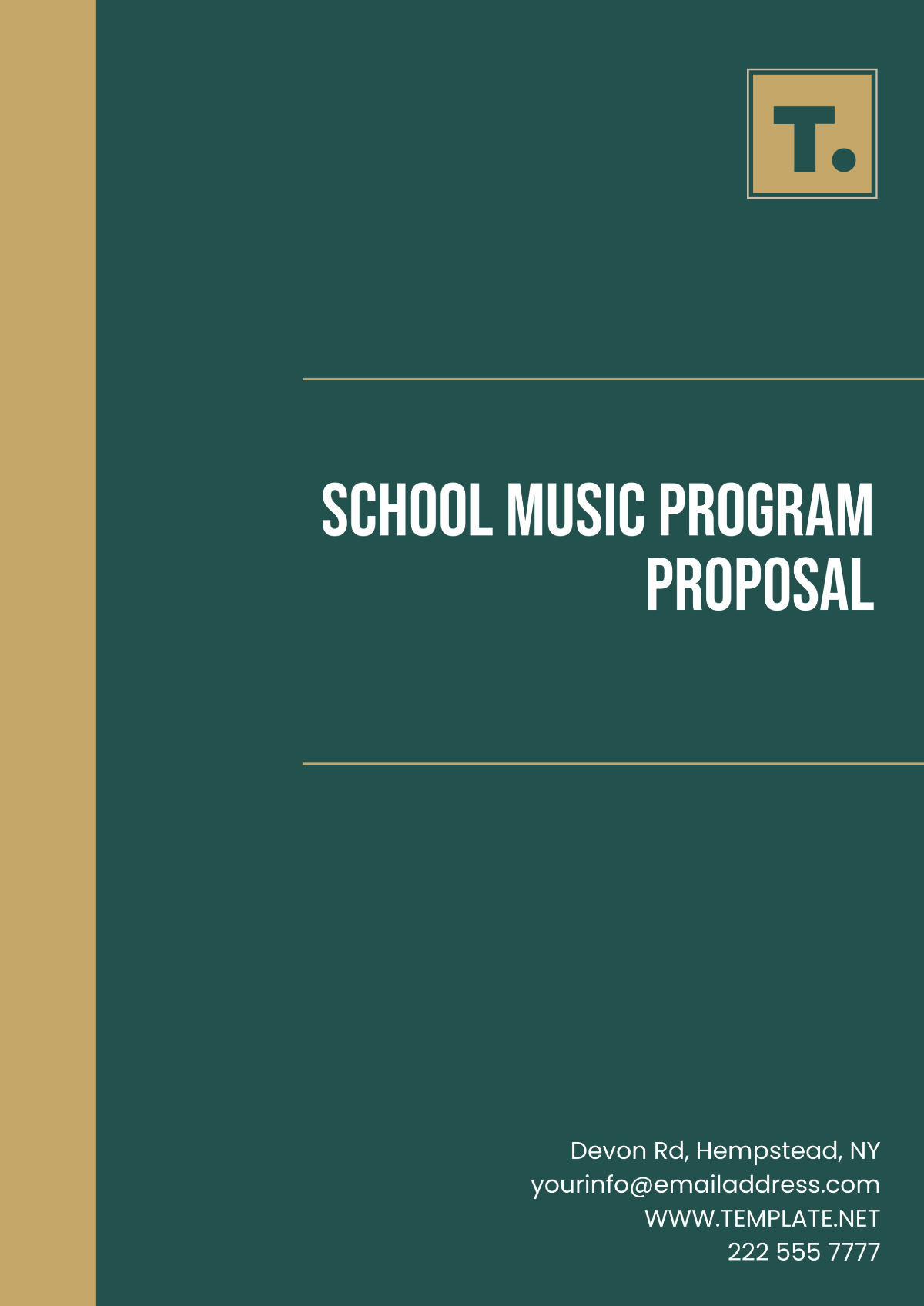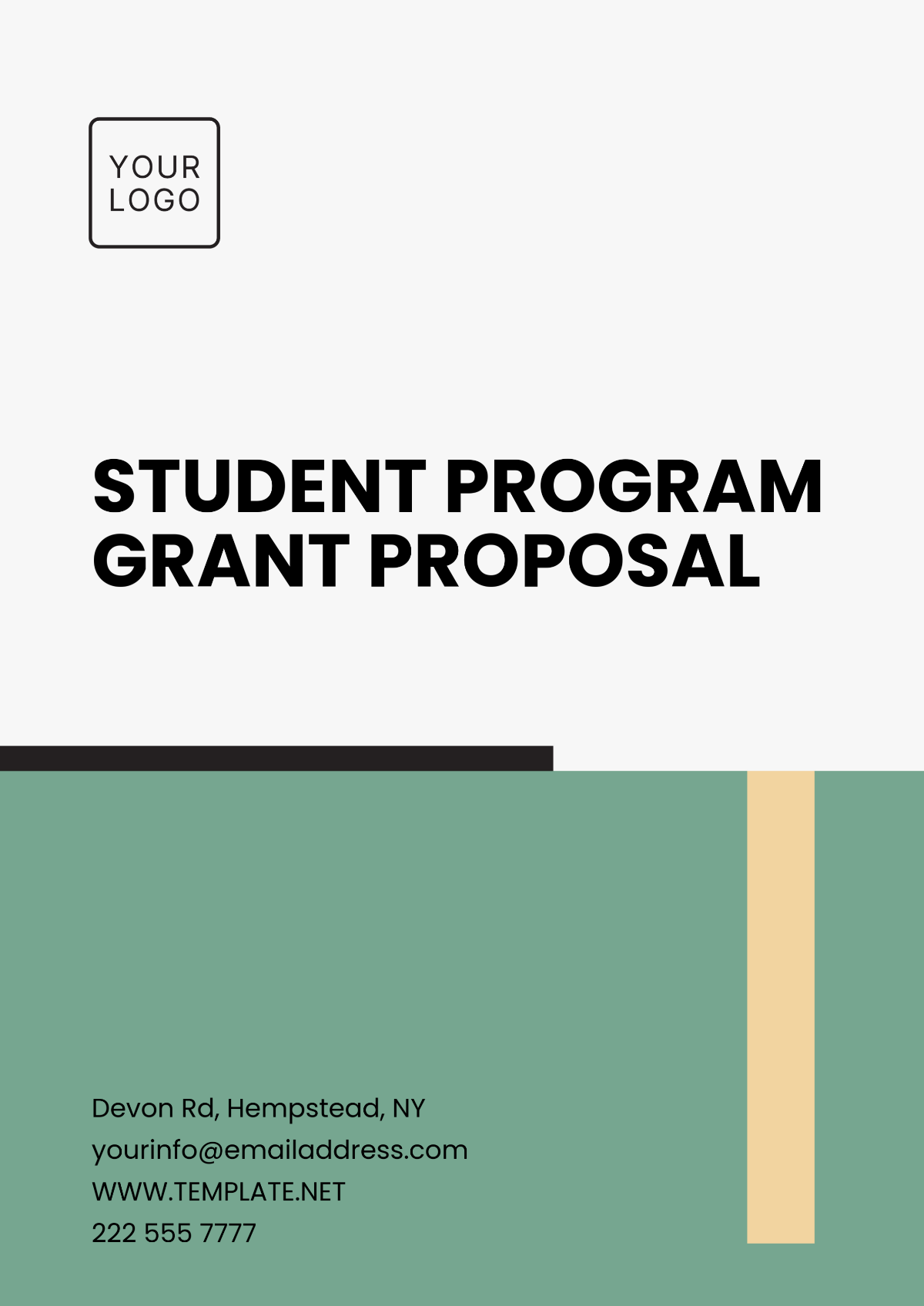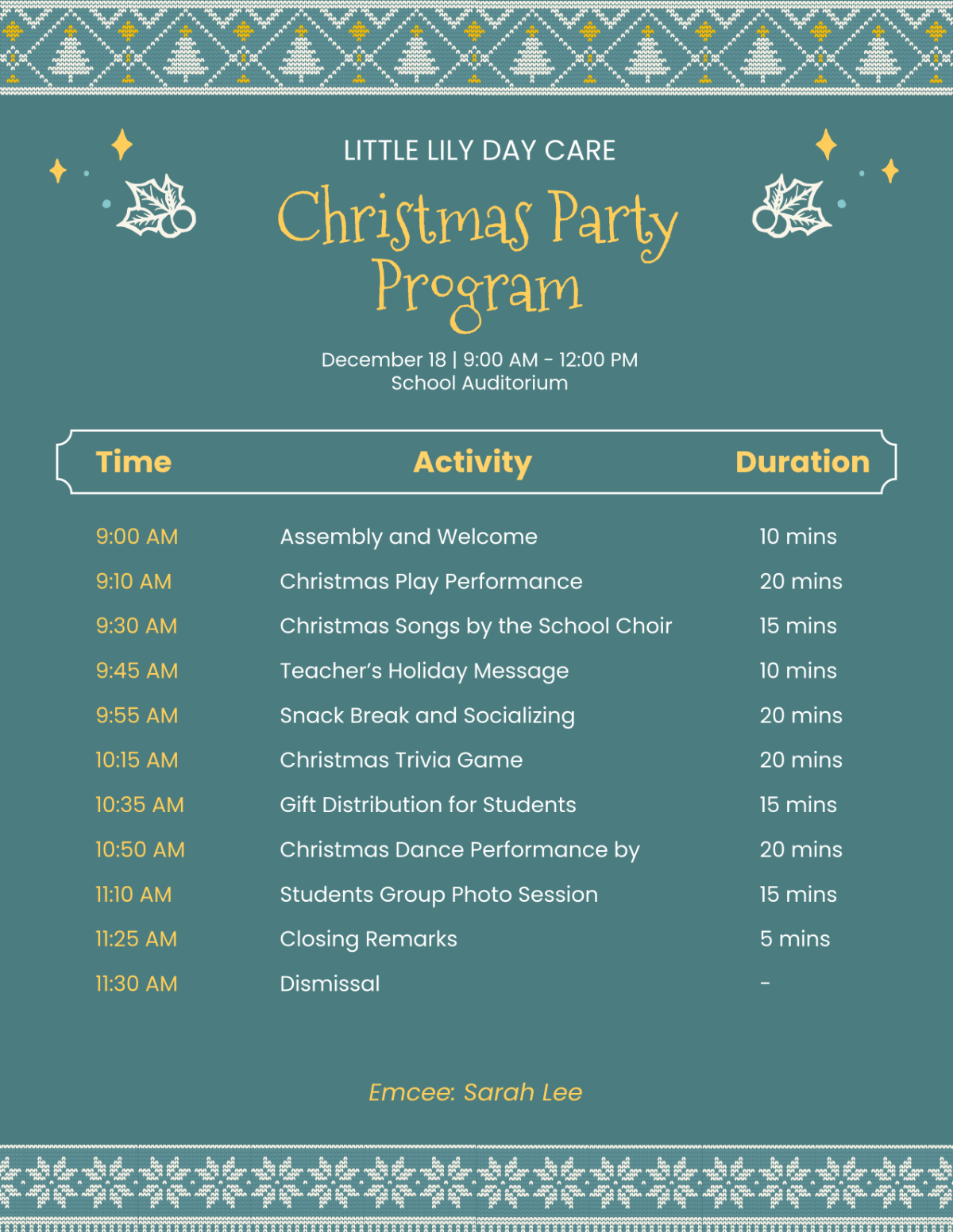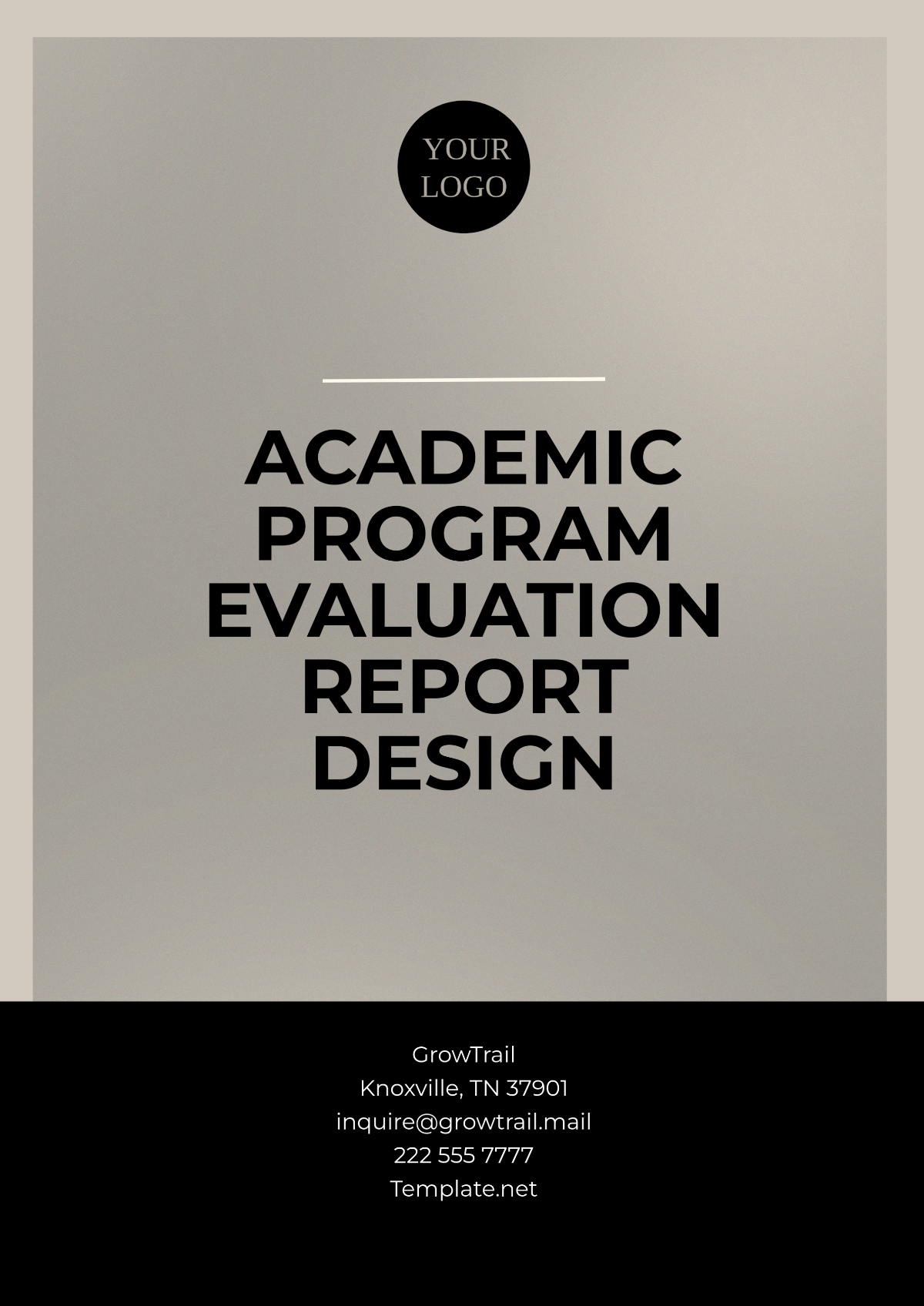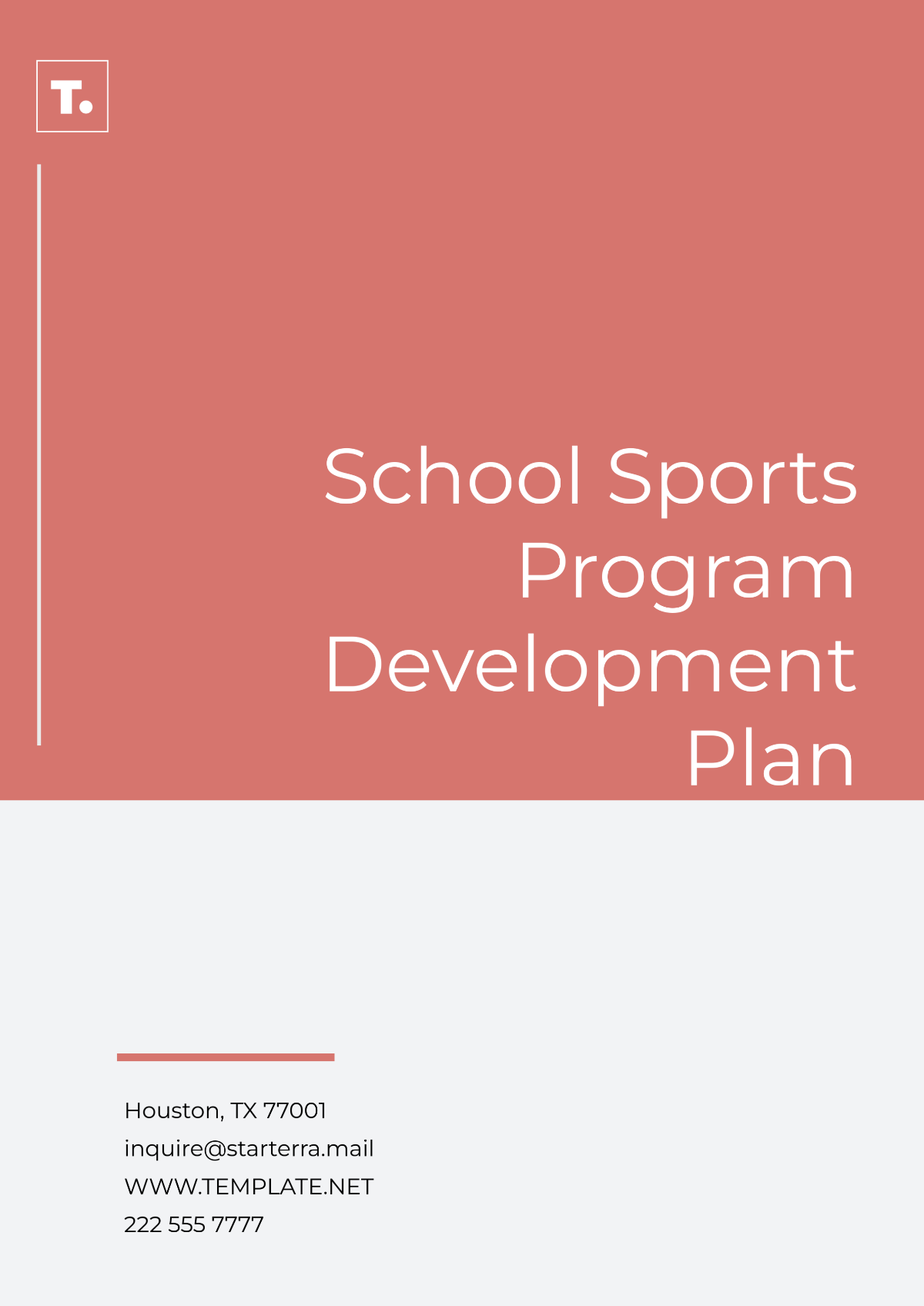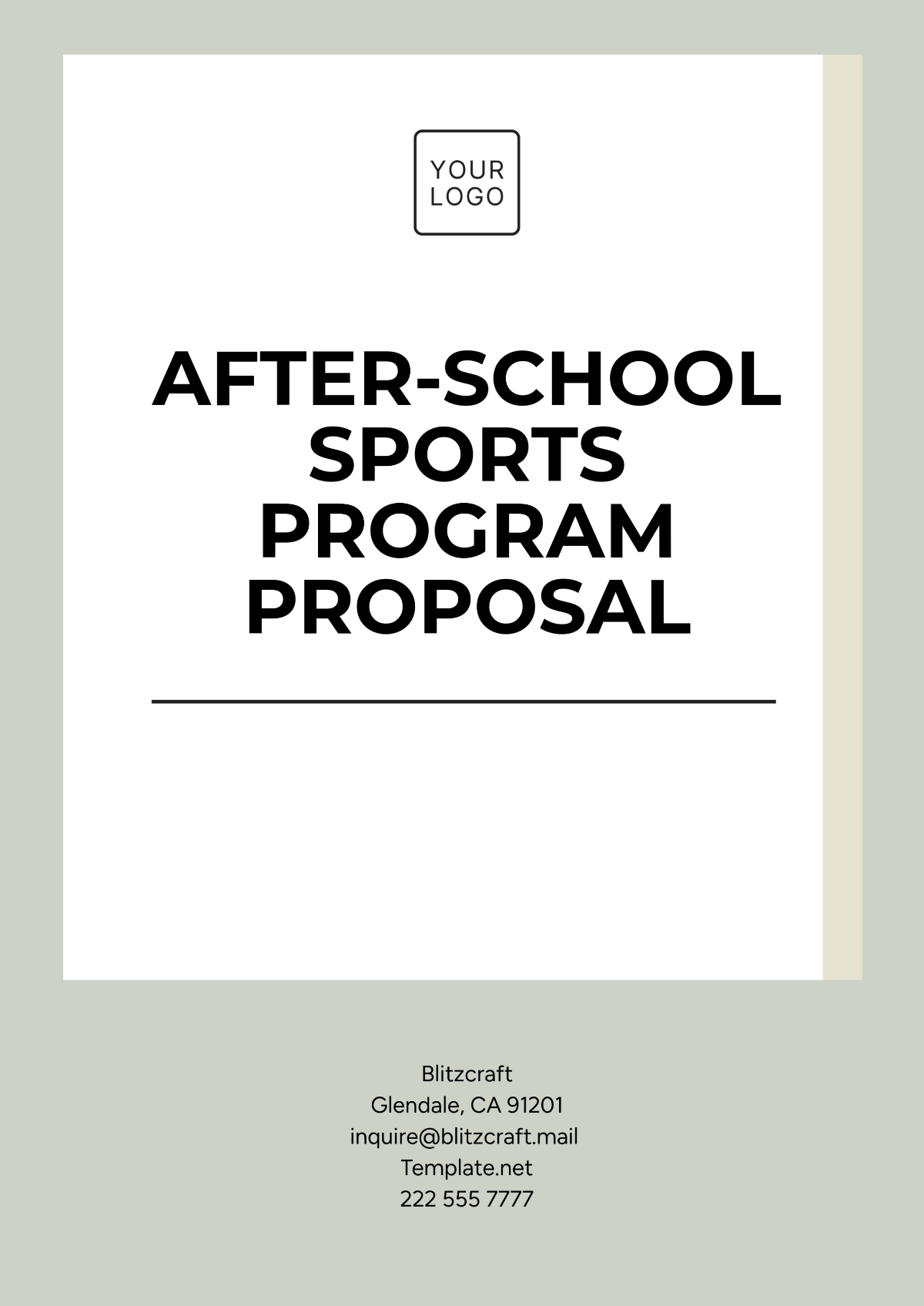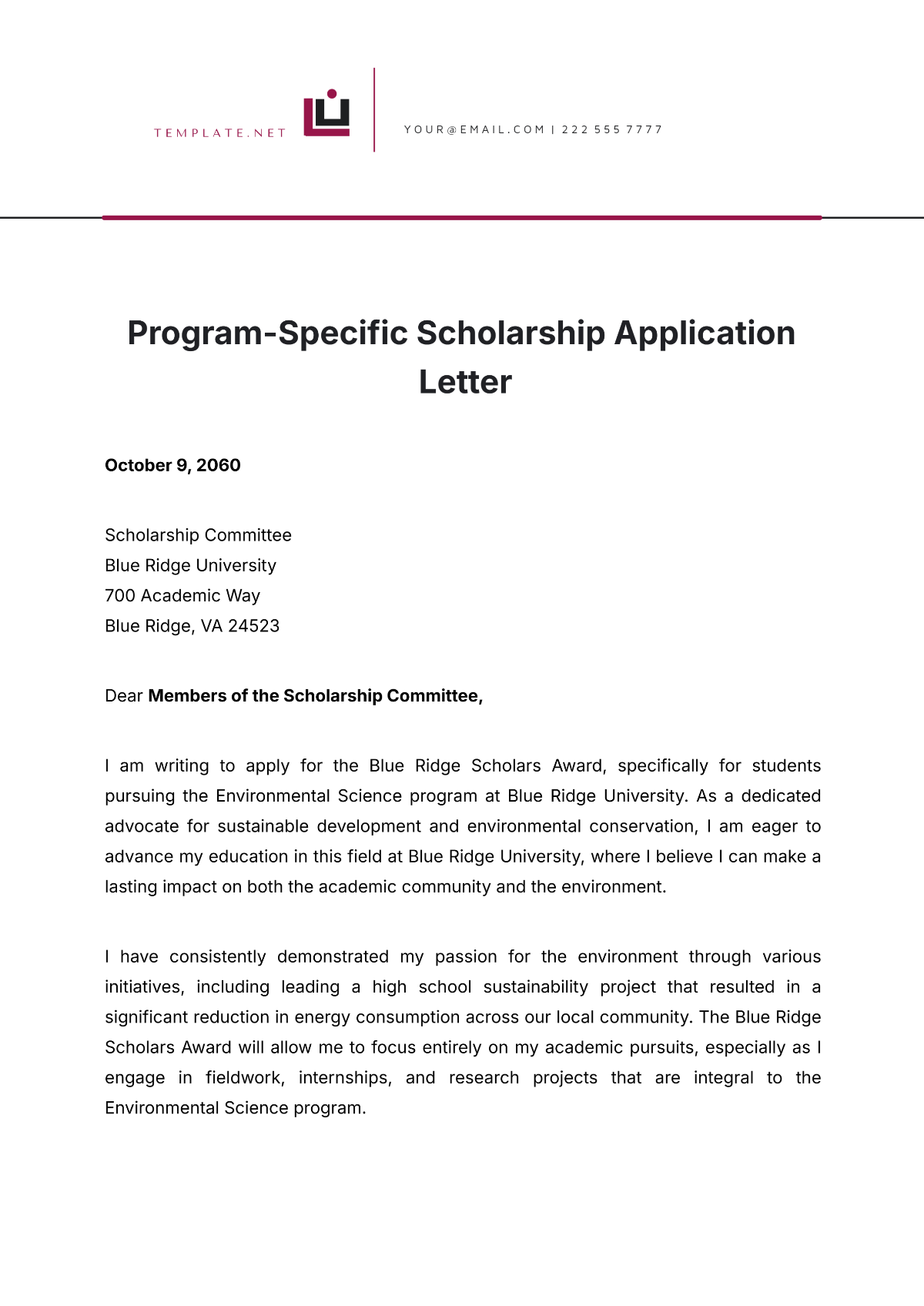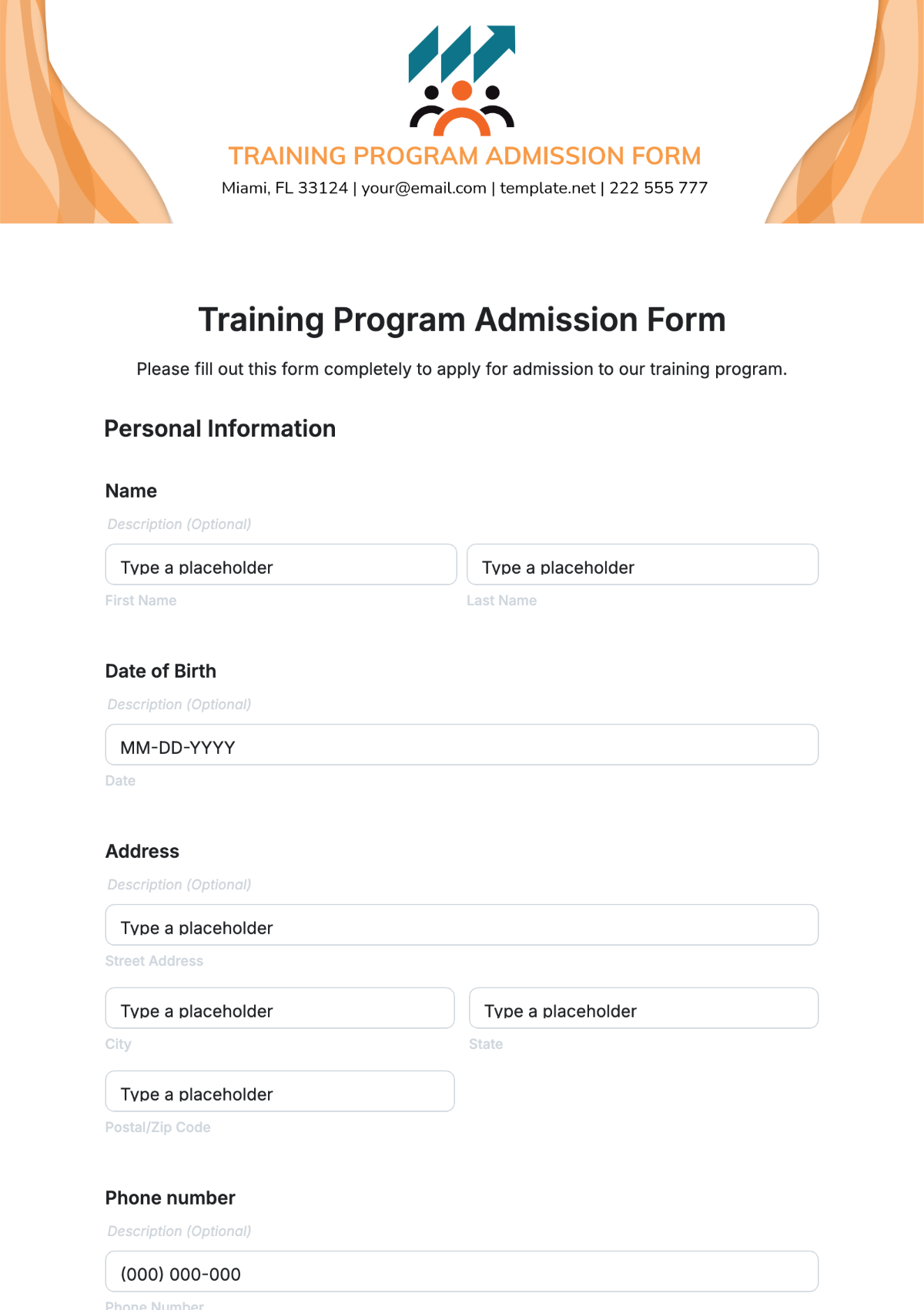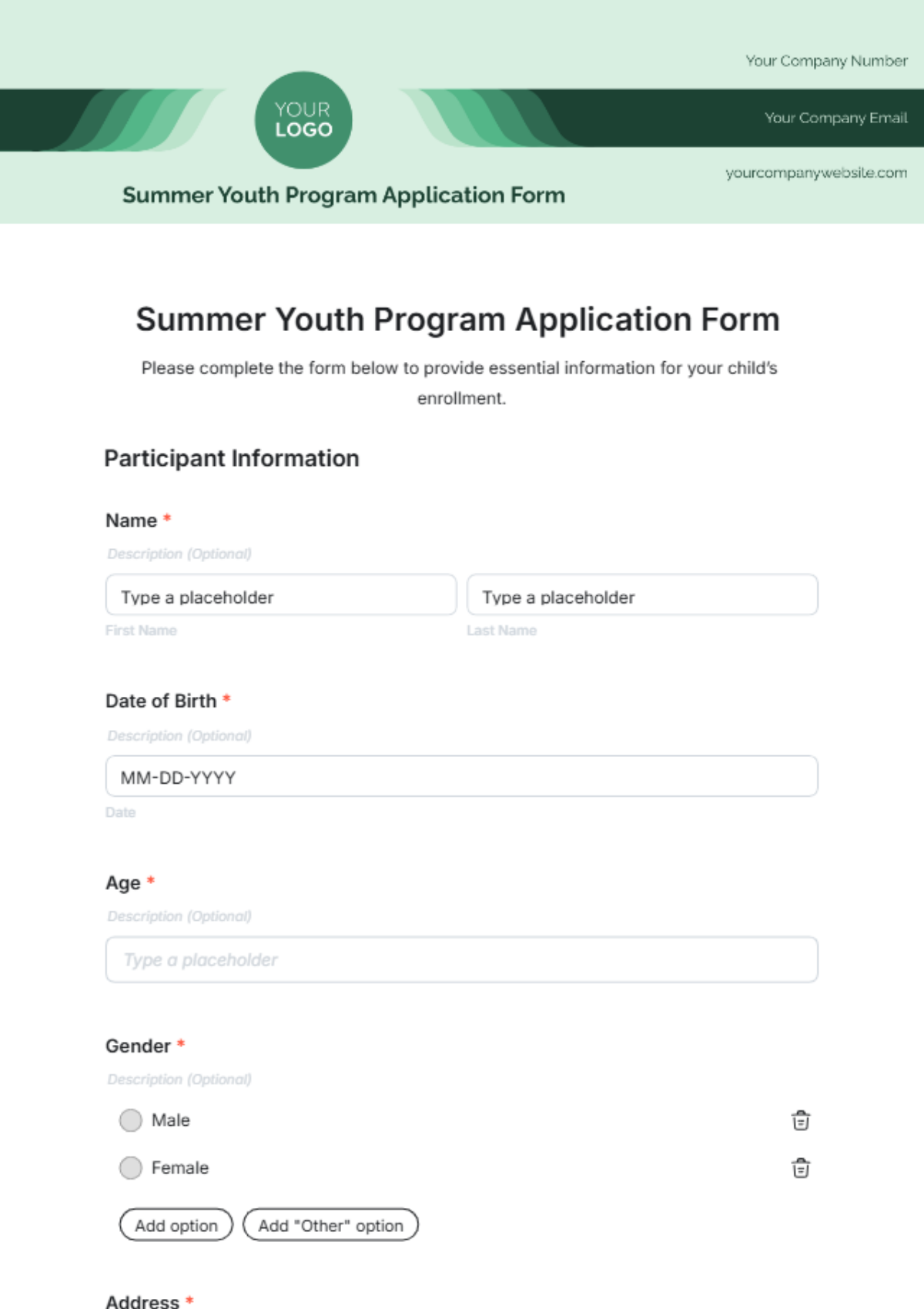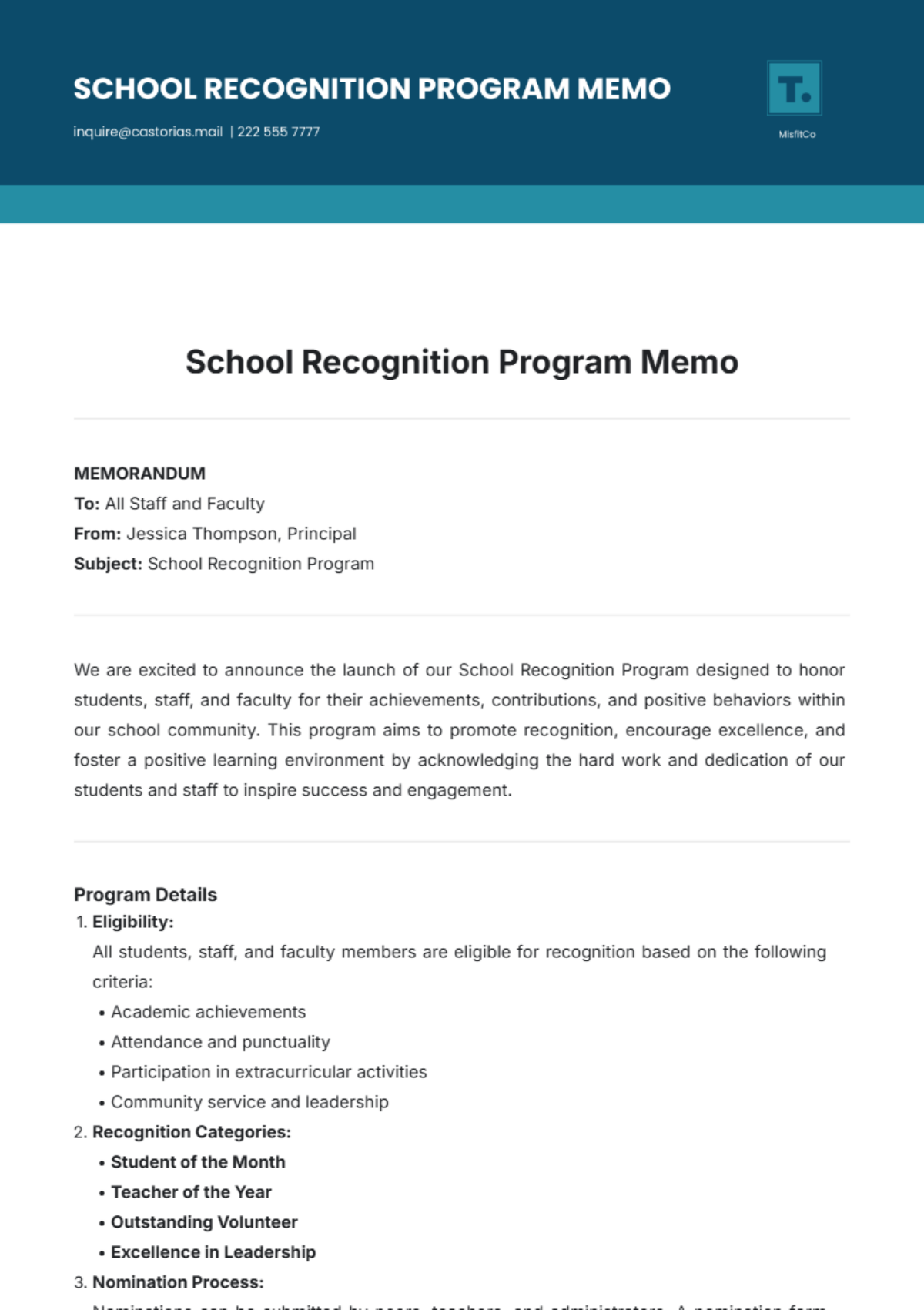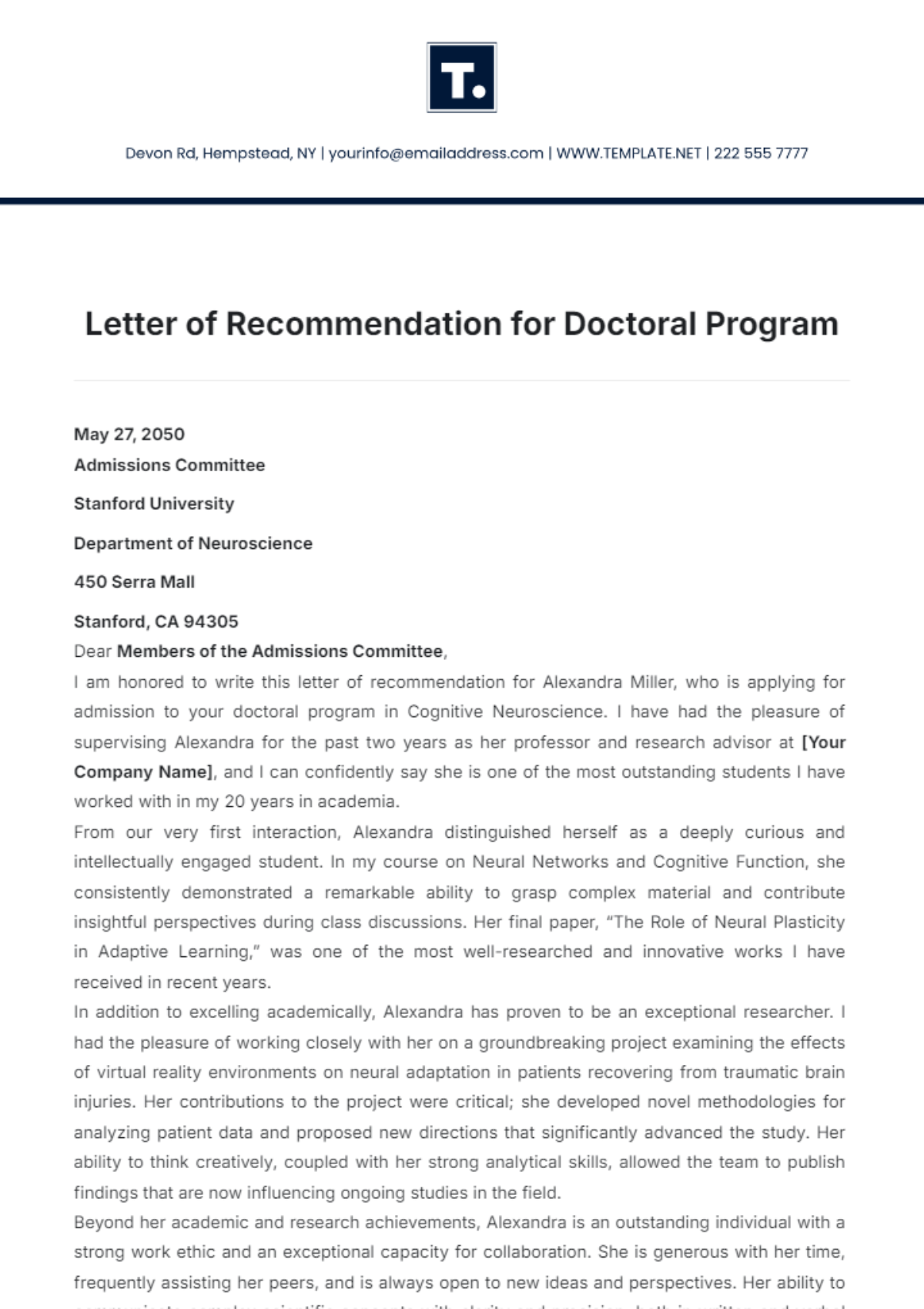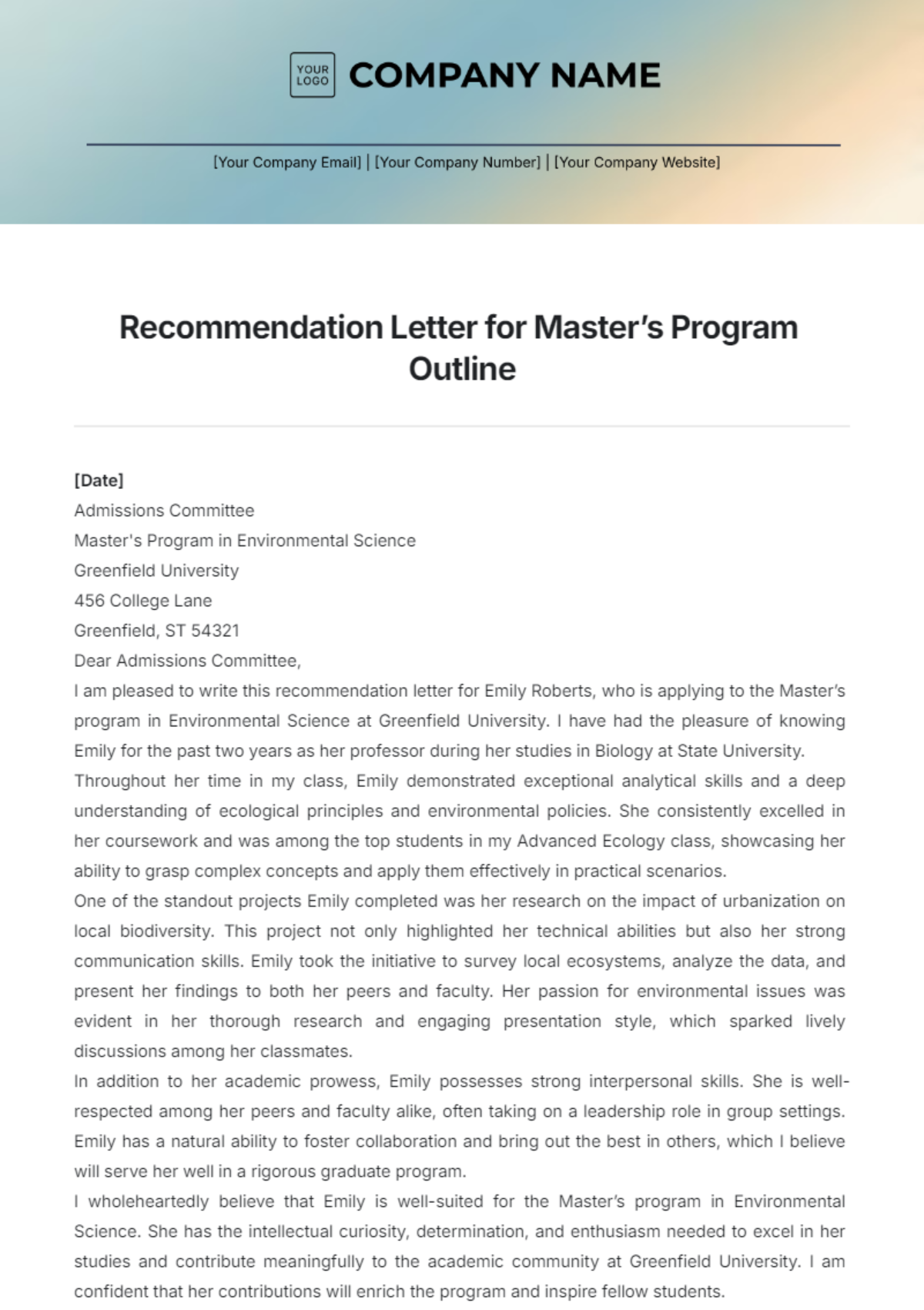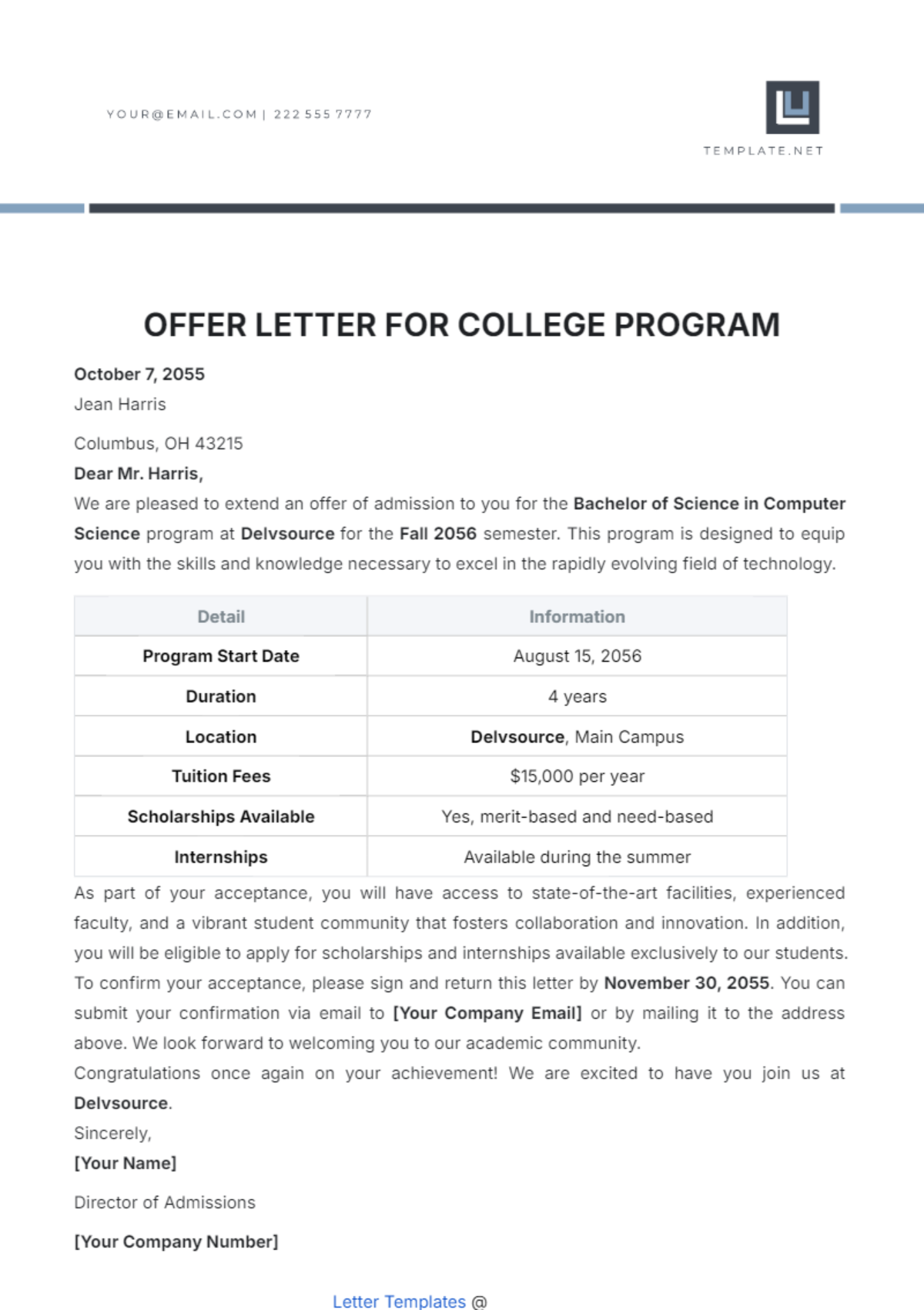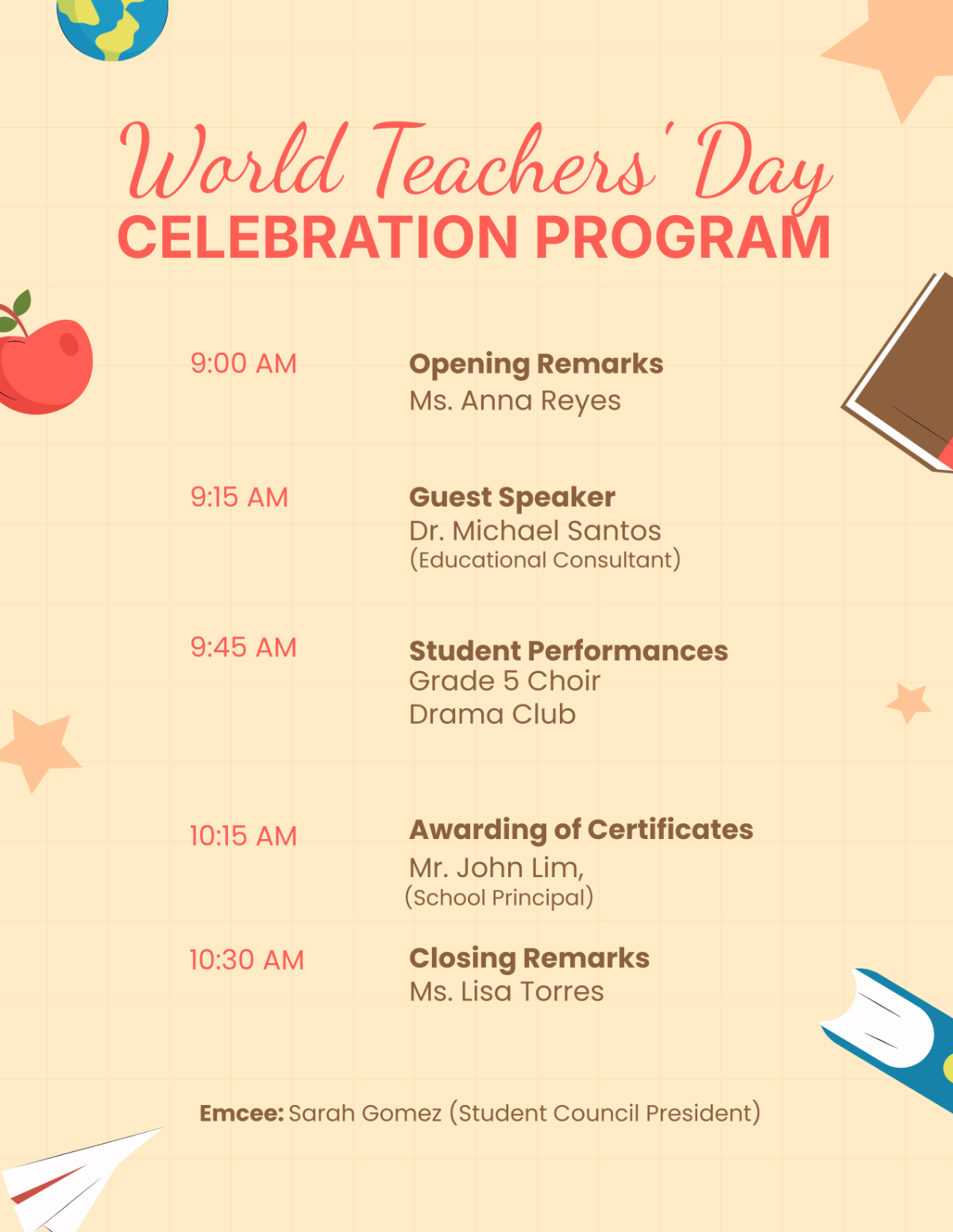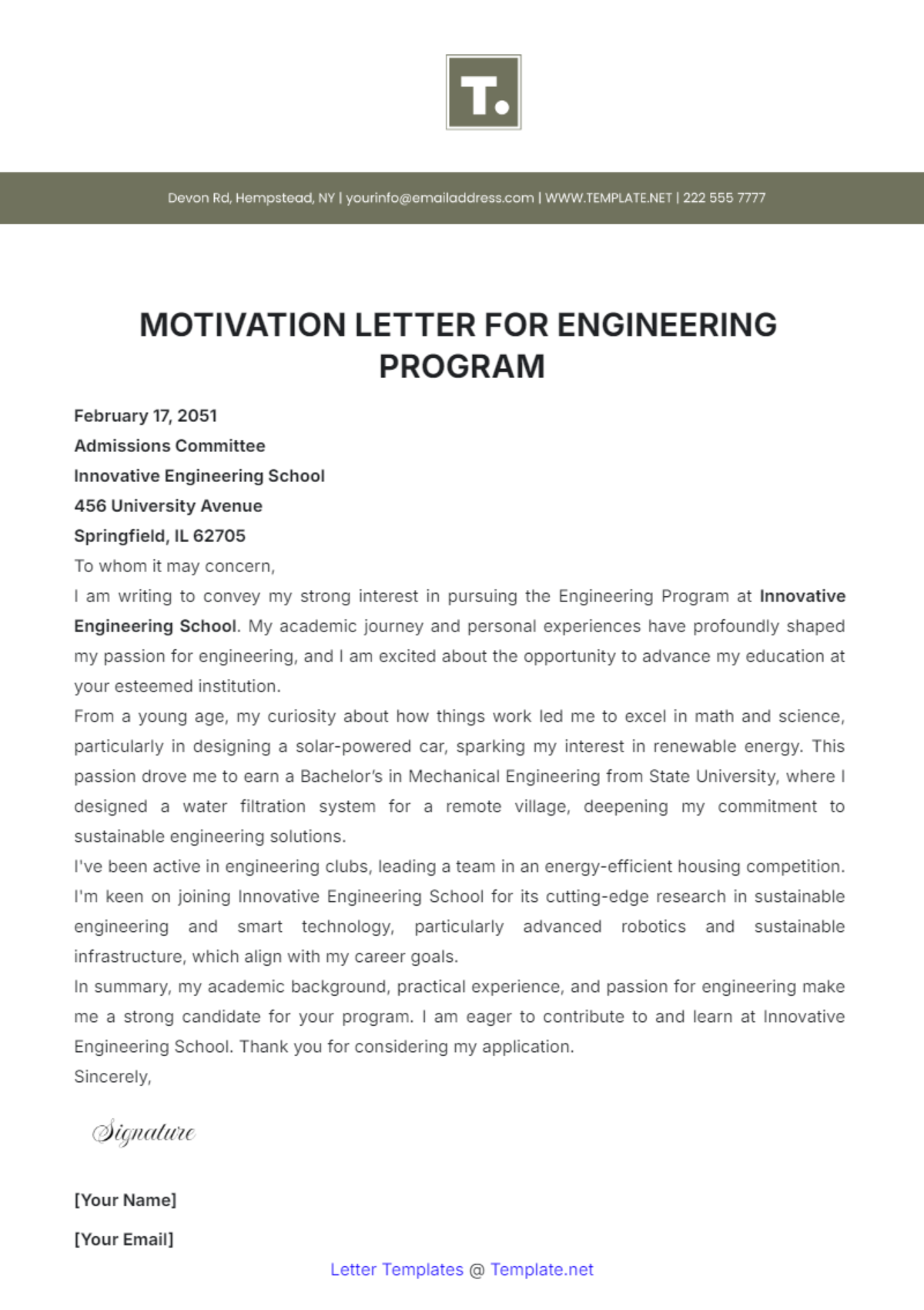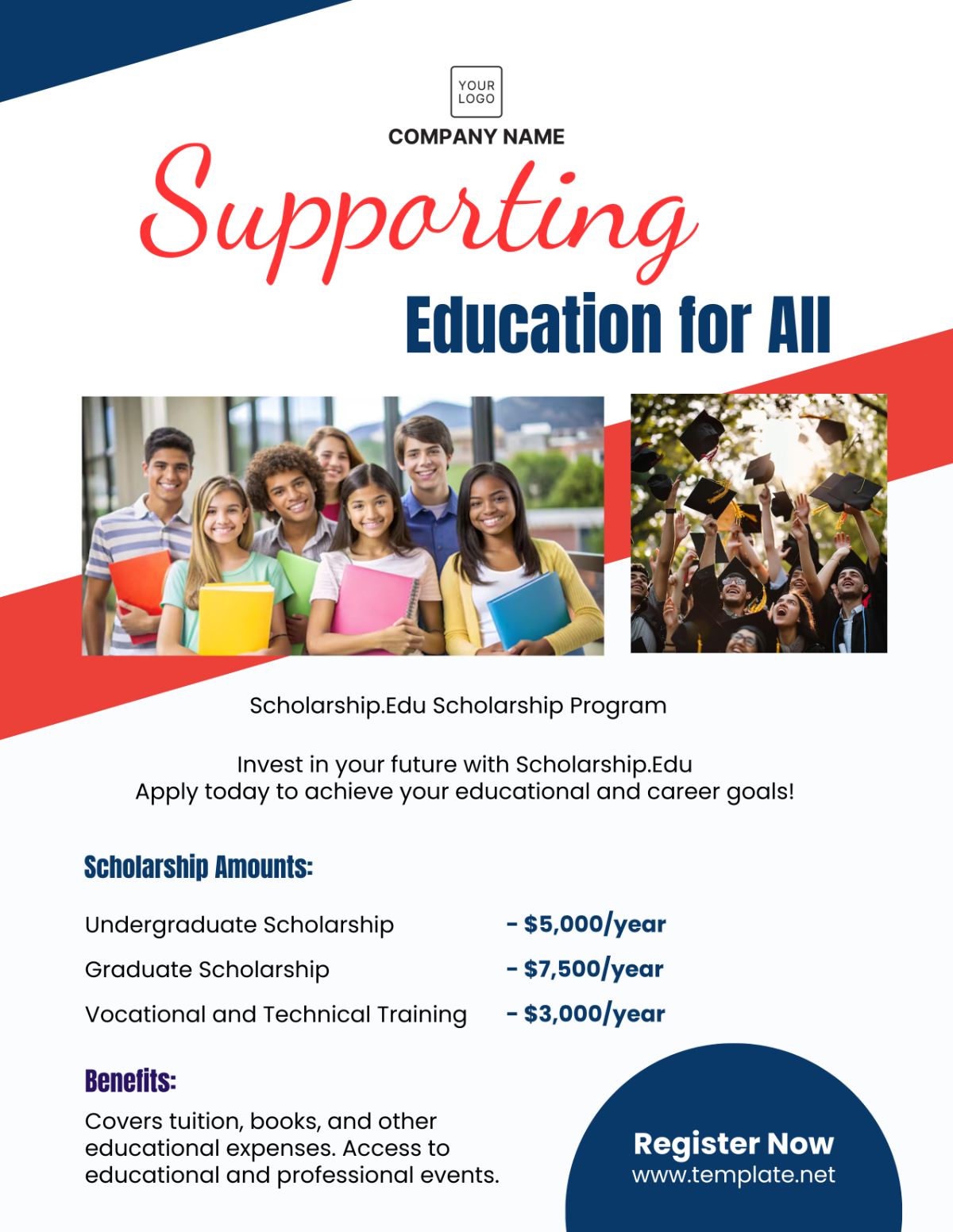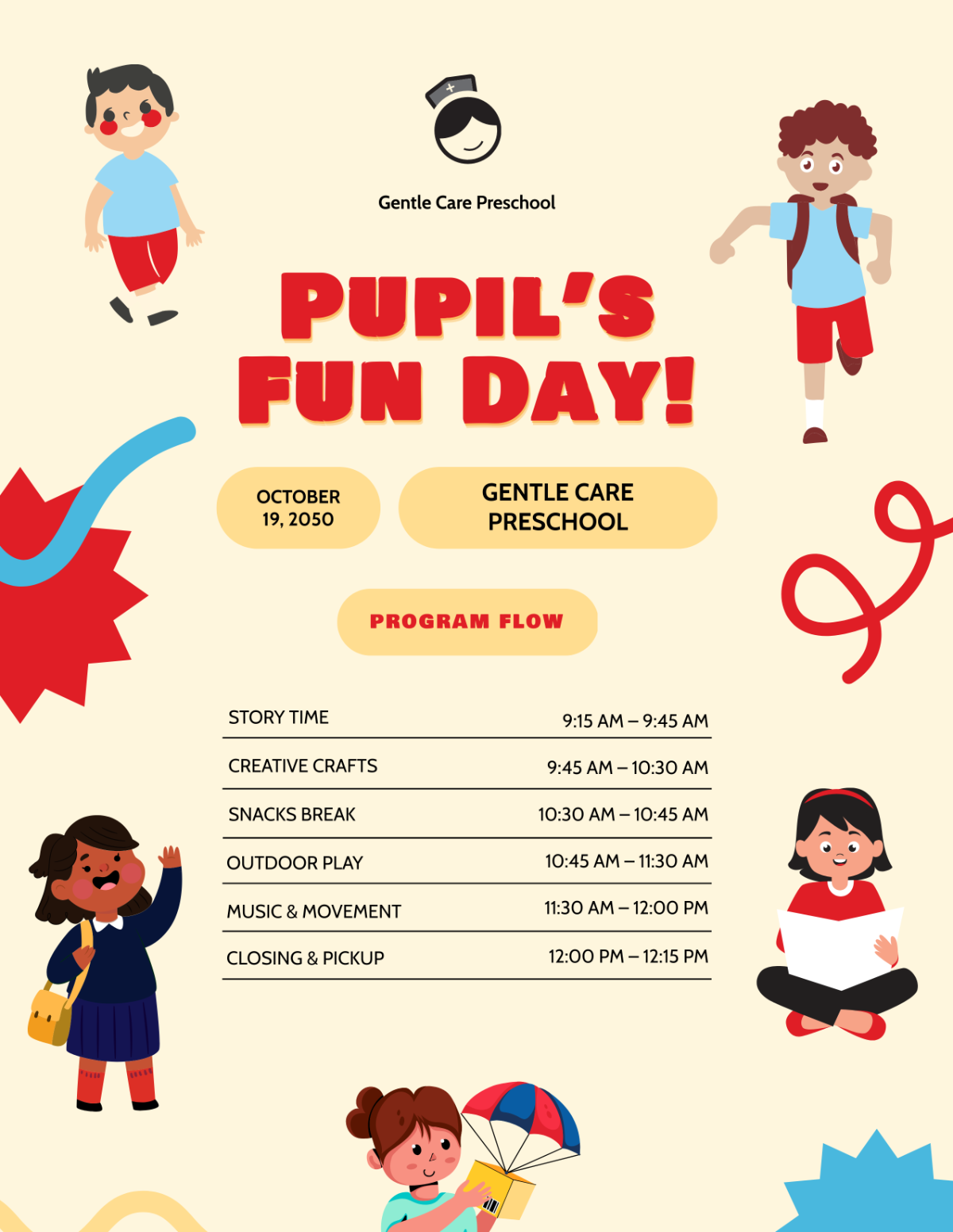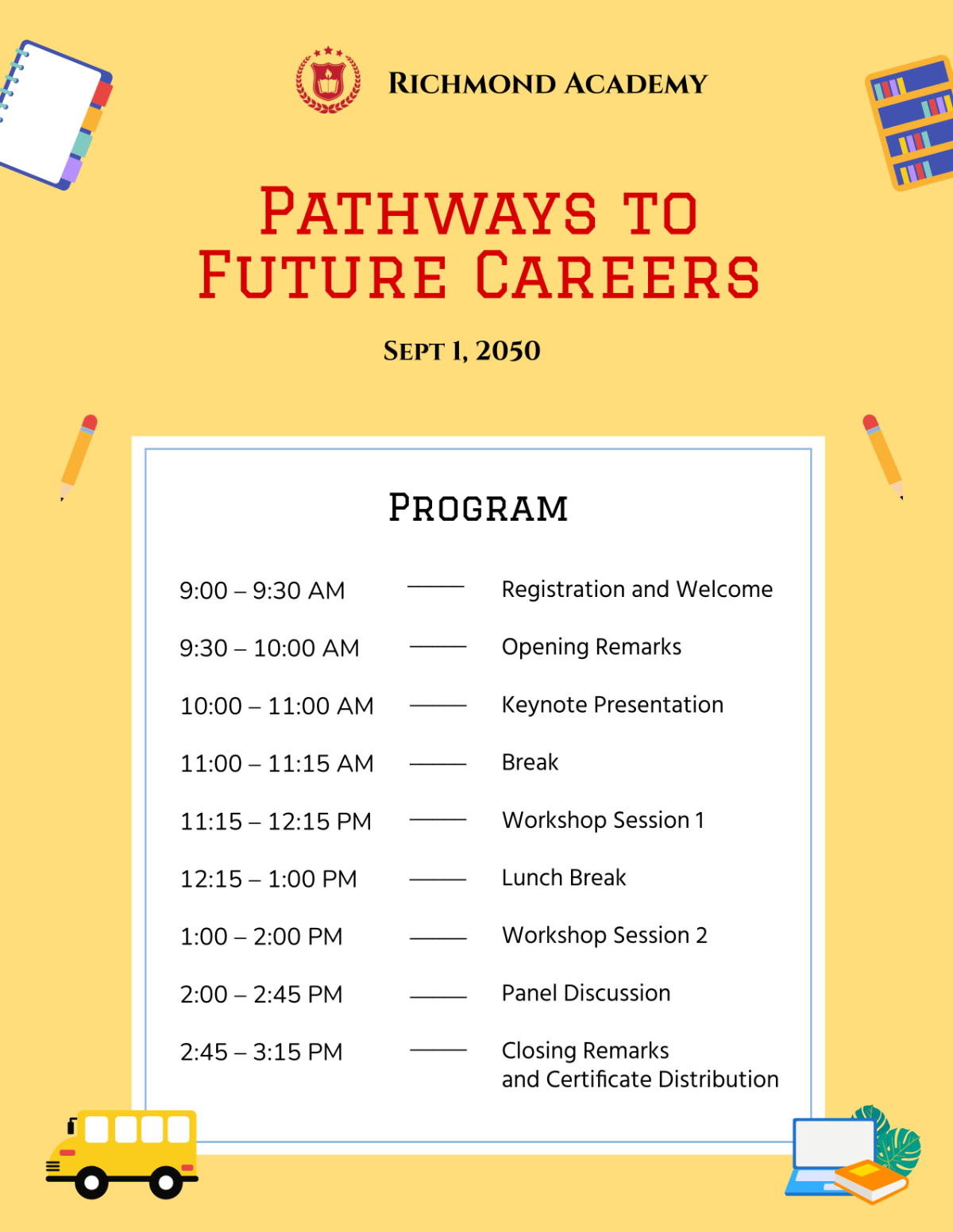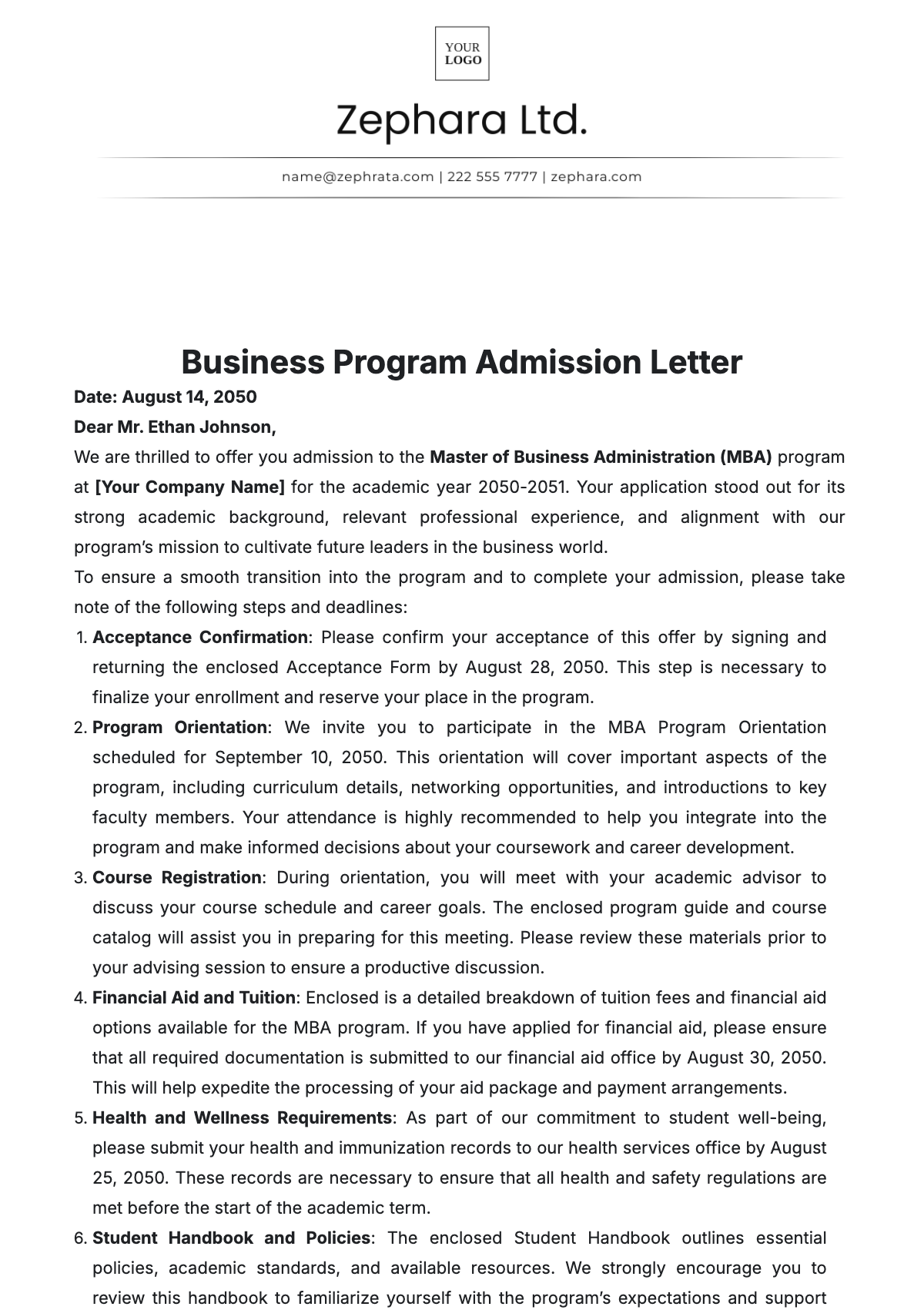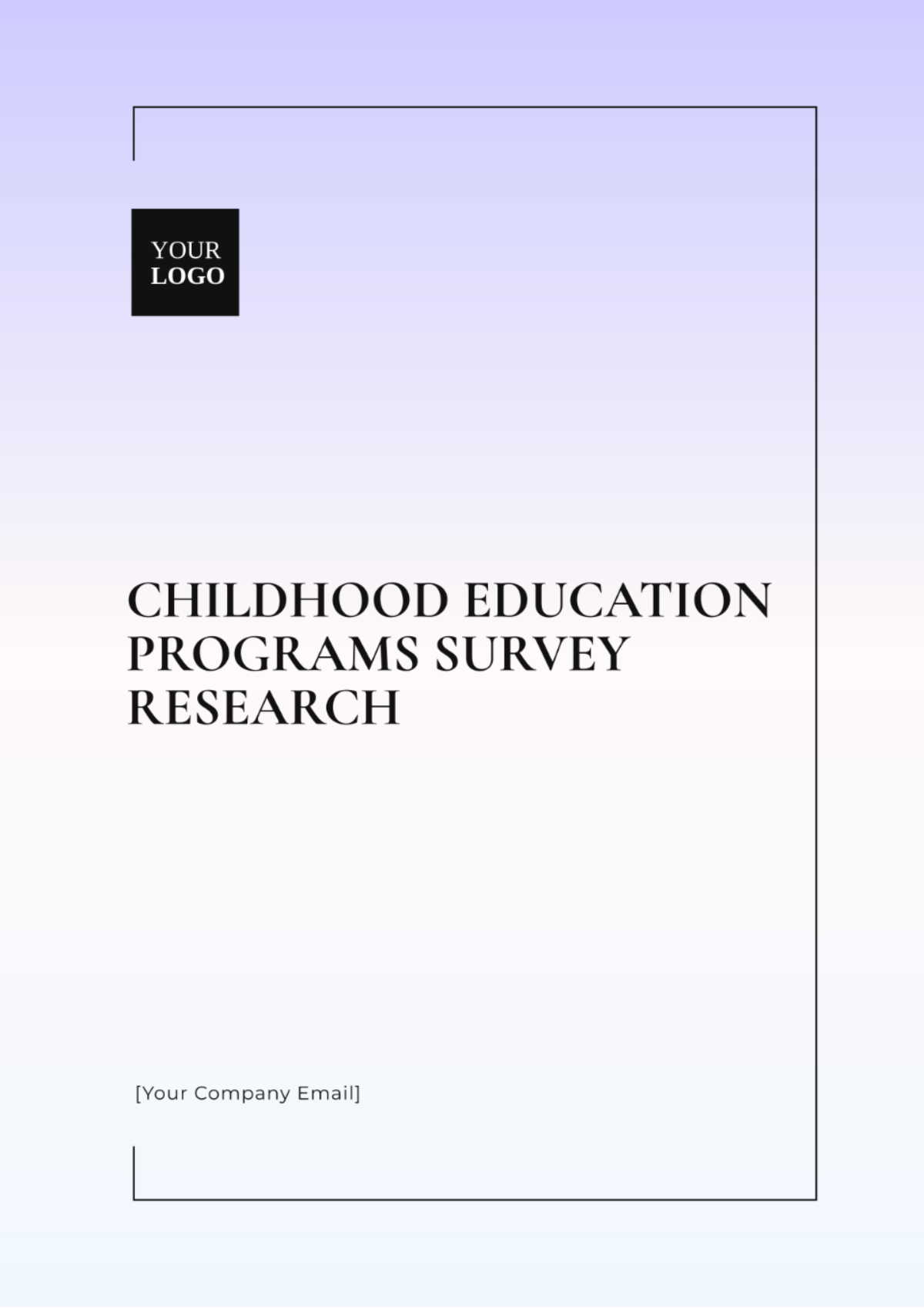School Program Proposal
I. Introduction
A. Overview of the School Program
The Student Mentorship Program at [Your Company Name] is designed to foster meaningful connections between students and mentors. This program aims to support students in their academic, personal, and professional growth by pairing them with experienced mentors who can provide guidance, encouragement, and insight. By establishing a structured environment for mentorship, [Your Company Name] seeks to enhance the educational experience, promote a culture of support, and help students navigate their academic and career paths more effectively.
Mentorship has been proven to play a crucial role in student development. Research indicates that students who engage in mentorship programs are more likely to achieve higher academic performance, exhibit improved social skills, and have increased confidence in their abilities. The Student Mentorship Program at [Your Company Name] is committed to leveraging these benefits to create a supportive learning community that empowers students to reach their full potential.
B. Objectives and Goals of the Program
The primary objectives of the Student Mentorship Program are to:
Provide academic support and guidance to students to help them succeed in their studies.
Foster personal and professional development through regular interactions with mentors.
Enhance students' self-confidence, communication skills, and leadership abilities.
Create a supportive community that encourages collaboration and mutual growth.
Facilitate networking opportunities that can assist students in their future careers.
To achieve these objectives, the program will set specific, measurable goals. For instance, we aim to have 80% of participating students report an improvement in their academic performance by the end of the program. Additionally, we expect at least 70% of mentors to express satisfaction with their mentoring experience, indicating that they find it rewarding and impactful.
II. Program Structure
A. Program Duration and Timeline
The Student Mentorship Program will run for one academic year, starting in September and concluding in June. This timeframe allows for a comprehensive mentorship experience, covering both fall and spring semesters. Key milestones within this period include:
September: Program launch and orientation sessions.
October to December: Regular mentorship meetings and initial workshops.
January: Mid-year evaluation and feedback sessions.
February to April: Continued mentorship meetings and additional workshops.
May: Final evaluation and feedback sessions.
June: Program conclusion and celebration event.
B. Participant Eligibility and Selection Process
Eligibility for the Student Mentorship Program is open to all students enrolled at [Your Company Name]. However, preference will be given to those who demonstrate a genuine interest in personal and professional development and those who could benefit most from mentorship. The selection process involves the following steps:
Application Submission: Students and potential mentors will submit an application form detailing their interests, goals, and reasons for wanting to participate in the program.
Review and Shortlisting: A selection committee will review the applications and shortlist candidates based on their suitability and the availability of mentors.
Interviews: Shortlisted candidates will undergo interviews to assess their commitment and alignment with the program's objectives.
Matching: Selected students will be paired with mentors based on mutual interests, academic background, and career aspirations.
C. Roles and Responsibilities of Mentors and Mentees
Mentors are expected to:
Provide guidance and support to their mentees, helping them navigate academic challenges and personal growth.
Participate in orientation and training sessions to prepare for their mentoring role.
Schedule and conduct regular meetings with their mentees, ensuring consistent and meaningful interactions.
Offer constructive feedback and encouragement, fostering a positive and supportive relationship.
Participate in evaluation and feedback sessions to help assess the program's effectiveness and suggest improvements.
Mentees are expected to:
Actively engage with their mentors, being open to guidance and feedback.
Attend all scheduled meetings and workshops, demonstrating commitment to their personal and professional development.
Set clear goals with their mentors and work towards achieving them throughout the program.
Provide feedback on their mentoring experience to help improve the program for future participants.
III. Program Components
A. Orientation and Training Sessions
The program will begin with a comprehensive orientation session for both mentors and mentees. This session will cover the program's objectives, structure, and expectations. Participants will be introduced to the principles of effective mentorship, including communication strategies, goal setting, and conflict resolution. Additionally, mentors will receive specialized training on how to support students in various aspects of their development, from academic advising to career planning.
Orientation and Training Schedule Table
Activity | Date | Description |
|---|---|---|
Program Overview | September 1 | Introduction to the program's objectives, structure, and expectations |
Effective Communication Workshop | September 5 | Training on communication strategies and active listening skills |
Goal Setting and Planning Session | September 10 | Workshop on setting achievable goals and creating action plans |
Conflict Resolution Training | September 15 | Training on managing conflicts and maintaining positive mentor-mentee relationships |
Academic Advising Techniques | September 20 | Training for mentors on how to provide effective academic support |
Career Planning and Development Session | September 25 | Workshop on guiding mentees in their career aspirations and planning |
B. Regular Mentorship Meetings
Regular mentorship meetings are the cornerstone of the program. These meetings will occur bi-weekly and will provide a platform for mentors and mentees to discuss academic progress, personal challenges, and professional aspirations. Meetings will be structured but flexible, allowing for organic conversations and relationship-building.
During these meetings, mentors and mentees will:
Review and update progress on previously set goals.
Identify and address any academic or personal challenges.
Discuss potential career paths and opportunities.
Plan for upcoming academic or extracurricular activities.
Provide and receive feedback on the mentorship relationship.
C. Workshops and Skill-Building Activities
In addition to regular meetings, the program will include a series of workshops and skill-building activities designed to enhance the mentees' personal and professional development. These workshops will cover a wide range of topics, from time management and study skills to resume writing and interview preparation.
D. Evaluation and Feedback Sessions
To ensure the program's effectiveness and continuous improvement, evaluation and feedback sessions will be conducted at regular intervals. These sessions will allow mentors and mentees to reflect on their experiences, discuss challenges, and suggest areas for improvement.
Evaluation and Feedback Schedule Table
Evaluation Stage | Date | Description |
|---|---|---|
Initial Evaluation | October 10 | Assessing initial impressions and setting baseline metrics |
Mid-Year Evaluation | January 10 | Reviewing progress and identifying mid-program adjustments |
Final Evaluation | May 10 | Summarizing overall experiences and outcomes, collecting final feedback |
Post-Program Survey | June 15 | Gathering comprehensive feedback for future program enhancements |
IV. Benefits of the Program
A. For Students (Mentees)
The Student Mentorship Program offers numerous benefits to participating students. These benefits extend beyond academic support to include personal and professional development.
Academic Support and Guidance: Mentees receive personalized academic support from their mentors, helping them navigate coursework, prepare for exams, and develop effective study habits. This support can lead to improved academic performance and a deeper understanding of subject matter.
Personal and Professional Development: Through regular interactions with their mentors, mentees gain valuable insights into personal and professional growth. They learn to set and achieve goals, develop leadership and communication skills, and explore potential career paths.
Increased Confidence: The supportive relationship with a mentor helps mentees build self-confidence. They feel more empowered to tackle challenges, take on new opportunities, and pursue their aspirations.
Networking Opportunities: Mentees have the chance to expand their professional networks through their mentors. These connections can provide valuable opportunities for internships, job placements, and career advice.
B. For Mentors
Mentors also benefit significantly from participating in the program. The experience allows them to develop leadership skills, gain personal fulfillment, and expand their professional networks.
Leadership and Communication Skills: Mentoring requires effective communication, empathy, and leadership. By guiding their mentees, mentors hone these skills, which are valuable in their professional and personal lives.
Personal Fulfillment: Many mentors find the experience of helping others to be deeply rewarding. Seeing their mentees grow and succeed provides a sense of accomplishment and purpose.
Networking Opportunities: Mentors also have the chance to expand their professional networks. By connecting with other mentors, school staff, and students, they can build relationships that benefit their careers.
V. Implementation Plan
A. Recruitment and Training of Mentors
The success of the Student Mentorship Program hinges on the quality and commitment of its mentors. Therefore, a thorough recruitment and training process will be implemented to ensure that mentors are well-prepared for their roles.
Recruitment:
The recruitment process will involve outreach to potential mentors within the [Your Company Name] community. This includes alumni, faculty, and professionals from various industries who are willing to volunteer their time and expertise. The recruitment process will include:
Advertising the Program: Information about the mentorship program will be disseminated through newsletters, social media, and email campaigns. Additionally, information sessions will be held to inform potential mentors about the program’s goals, benefits, and expectations.
Application Process: Interested individuals will complete an application form detailing their background, areas of expertise, and motivation for becoming a mentor. This will help in matching mentors with suitable mentees.
Screening and Selection: A selection committee will review the applications, conduct interviews, and select mentors based on their qualifications, commitment, and suitability for the program.
Training:
Once selected, mentors will undergo a comprehensive training program to prepare them for their roles. The training will cover:
Mentorship Principles: An overview of effective mentorship practices, including active listening, providing constructive feedback, and setting boundaries.
Communication Skills: Training on how to communicate effectively with mentees, including handling difficult conversations and fostering a supportive environment.
Program Expectations: Detailed information about the program structure, meeting schedules, and the roles and responsibilities of mentors.
Resource Utilization: Guidance on utilizing available resources to support mentees, including academic support services, career counseling, and mental health resources.
Mentor Recruitment and Training Schedule Table
Activity | Date | Description |
|---|---|---|
Information Sessions | August 1-15 | Sessions to inform potential mentors about the program |
Application Submission Deadline | August 20 | Deadline for mentor applications |
Screening and Interviews | August 21-25 | Selection committee reviews applications and conducts interviews |
Mentor Selection Announcement | August 30 | Selected mentors are notified |
Training Sessions | September 1-10 | Comprehensive training for selected mentors |
B. Enrollment and Matching of Mentees
The enrollment process for mentees will be designed to ensure that students who genuinely seek mentorship and are committed to their personal and academic growth are selected.
Application Submission: Interested students will submit an application form detailing their academic background, personal interests, and goals for the mentorship program. This will include a personal statement explaining why they want to participate in the program.
Screening and Selection: The selection committee will review the applications and shortlist candidates based on their motivation and potential benefits from the program. Interviews may be conducted to assess the candidates' commitment and alignment with the program’s objectives.
Matching Process: Mentees will be matched with mentors based on their academic interests, career goals, and personal preferences. This matching process will be carefully managed to ensure compatibility and a productive mentor-mentee relationship.
Mentee Enrollment and Matching Schedule Table
Activity | Date | Description |
|---|---|---|
Application Submission Deadline | August 25 | Deadline for mentee applications |
Screening and Interviews | August 26-30 | Selection committee reviews applications and conducts interviews |
Mentee Selection Announcement | September 5 | Selected mentees are notified |
Matching Process | September 6-10 | Mentees are matched with mentors based on compatibility |
C. Scheduling and Logistics
Efficient scheduling and logistics are crucial for the smooth operation of the Student Mentorship Program. This includes scheduling regular meetings, organizing workshops, and managing communication between mentors and mentees.
Meeting Schedule: Mentors and mentees will meet bi-weekly at mutually convenient times. Meetings can be held in person or virtually, depending on the preferences of the participants and the nature of the discussions. The program coordinator will assist in scheduling these meetings and ensuring that both parties are committed to the agreed times.
Workshop and Activity Schedule: Workshops and skill-building activities will be scheduled throughout the academic year. These events will be planned well in advance to ensure maximum participation. The program coordinator will manage the logistics, including booking venues, arranging speakers, and providing necessary materials.
Communication Tools: A dedicated online platform will be used for communication and resource sharing. This platform will facilitate scheduling, provide access to workshop materials, and serve as a forum for mentors and mentees to interact outside of scheduled meetings.
Scheduling and Logistics Overview Table
Task | Responsible Party | Frequency/Timeline |
|---|---|---|
Bi-Weekly Meetings | Mentors and Mentees | Every two weeks |
Workshop Planning and Coordination | Program Coordinator | Ongoing, with specific dates for each workshop |
Communication and Resource Sharing | Program Coordinator | Ongoing, through an online platform |
D. Monitoring and Evaluation
Continuous monitoring and evaluation are essential to assess the program’s effectiveness and identify areas for improvement. The following strategies will be employed:
Regular Check-ins: The program coordinator will conduct regular check-ins with mentors and mentees to monitor progress, address any issues, and provide support as needed. These check-ins will be scheduled at key points throughout the program.
Surveys and Feedback Forms: Surveys and feedback forms will be distributed to both mentors and mentees at various stages of the program. This feedback will be used to evaluate the participants' experiences and the overall impact of the program.
Progress Reports: Mentors and mentees will be required to submit periodic progress reports detailing their meetings, discussions, and achievements. These reports will help track the mentees' development and the effectiveness of the mentorship relationship.
Evaluation Meetings: Mid-year and end-of-year evaluation meetings will be held to review the program’s progress and outcomes. These meetings will involve the selection committee, program coordinator, mentors, and mentees.
Monitoring and Evaluation Schedule Table
Activity | Date/Timeline | Description |
|---|---|---|
Regular Check-ins | Bi-monthly | Program coordinator checks in with mentors and mentees |
Mid-Year Survey | January 10 | Survey to gather mid-program feedback |
End-of-Year Survey | May 10 | Comprehensive survey for final program evaluation |
Progress Report Submission | Quarterly | Mentors and mentees submit detailed progress reports |
Evaluation Meetings | January 15, June 5 | Meetings to review program progress and outcomes |
VI. Student Selection Criteria
The success of the [Your Company Name] Student Mentorship Program heavily relies on selecting students who will benefit the most from mentorship and are committed to their personal and academic development. The selection criteria will focus on several key areas to ensure the program's effectiveness and fairness.
A. Academic Performance
While academic performance is not the sole criterion, it provides a baseline for assessing students' dedication to their studies. Students must demonstrate a consistent effort in their academic pursuits. This can be measured through:
Grade Point Average (GPA): Students with a GPA of 3.0 or higher will be given preference. This threshold ensures that students have a solid academic foundation, which the mentorship program can build upon.
Progress Reports: Consistent improvement in grades and teacher evaluations over time will also be considered. Students who show a trend of academic growth are likely to benefit significantly from additional support and guidance.
B. Personal Statement
The personal statement is a crucial part of the application process. It allows students to express their motivations and goals for participating in the mentorship program. The statement should cover:
Reasons for Applying: Students must explain why they want to join the mentorship program, what they hope to achieve, and how they believe it will benefit their personal and academic growth.
Goals and Aspirations: Students should outline their short-term and long-term goals, both academic and personal. This helps in understanding their aspirations and how the mentorship can help them achieve these goals.
Commitment: Demonstrating a commitment to participating fully in the program, including attending meetings, workshops, and completing any assigned tasks.
C. Extracurricular Activities
Involvement in extracurricular activities is an indicator of a well-rounded student. Participation in sports, clubs, community service, or part-time work showcases a student's ability to manage time effectively and their willingness to engage in diverse experiences. The selection committee will consider:
Leadership Roles: Positions of responsibility in clubs, sports teams, or community organizations indicate leadership potential and initiative.
Community Service: Volunteer work and community service demonstrate a commitment to giving back and a sense of social responsibility.
D. Interviews
Selected applicants will be invited for an interview as part of the final selection process. The interview will assess:
Communication Skills: The ability to articulate thoughts, ideas, and goals clearly and effectively.
Interpersonal Skills: The capacity to build relationships, work collaboratively, and show empathy and understanding.
Suitability for the Program: Overall fit with the program's objectives and the ability to benefit from the mentorship.
Student Selection Criteria Summary Table
Criterion | Description |
|---|---|
Academic Performance | GPA of 3.0 or higher, consistent academic improvement |
Personal Statement | Reasons for applying, goals and aspirations, commitment |
Extracurricular Activities | Leadership roles, community service involvement |
Interviews | Communication skills, interpersonal skills, overall suitability |
VII. Mentor Responsibilities
Mentors play a pivotal role in the success of the [Your Company Name] Student Mentorship Program. Their responsibilities are designed to ensure that mentees receive the support and guidance they need to thrive academically and personally.
A. Regular Meetings
Mentors are required to hold regular meetings with their mentees. These meetings, scheduled bi-weekly, are essential for building a strong mentor-mentee relationship. During these meetings, mentors should:
Discuss Progress: Review the mentee’s progress towards their academic and personal goals. This includes discussing recent achievements, challenges, and any areas where the mentee may need additional support.
Set Goals: Help mentees set realistic and achievable short-term and long-term goals. Mentors should guide mentees in developing action plans to reach these goals.
Provide Feedback: Offer constructive feedback on the mentee’s performance, both academically and in other areas of their life. Feedback should be specific, actionable, and supportive.
B. Workshops and Activities
Mentors are expected to actively participate in workshops and activities organized as part of the mentorship program. Their presence and involvement are crucial for:
Facilitating Learning: Mentors should help facilitate discussions, share their experiences, and provide insights during workshops and activities.
Networking Opportunities: Engaging in these events provides opportunities for mentors to network with other mentors and mentees, fostering a sense of community and collaboration.
C. Support and Guidance
The primary role of a mentor is to provide support and guidance. This includes:
Academic Support: Assisting mentees with academic challenges, such as study strategies, time management, and preparing for exams. Mentors should also help mentees navigate available academic resources.
Career Advice: Offering advice on career exploration, internships, and job search strategies. Mentors can provide insights into different career paths and the skills required for success.
Personal Development: Supporting mentees in their personal development, including building confidence, improving communication skills, and developing resilience.
D. Reporting and Feedback
Mentors are required to submit regular reports detailing their interactions with mentees and the progress made. This helps in monitoring the effectiveness of the program and addressing any issues promptly. Mentors should:
Submit Progress Reports: Provide detailed accounts of meetings, including topics discussed, goals set, and any significant achievements or challenges.
Provide Feedback: Offer feedback on the program itself, suggesting improvements and highlighting successful aspects.
Mentor Responsibilities Overview Table
Responsibility | Description |
|---|---|
Regular Meetings | Bi-weekly meetings to discuss progress, set goals, and provide feedback |
Workshops and Activities | Active participation in program events and activities |
Support and Guidance | Academic support, career advice, and personal development |
Reporting and Feedback | Submitting progress reports and providing feedback on the program |
VIII. Program Timeline
A well-structured timeline is crucial for the smooth execution of the [Your Company Name] Student Mentorship Program. This timeline outlines the key phases of the program, from planning and recruitment to the final evaluation.
A. Planning Phase
The planning phase involves laying the groundwork for the program. This includes defining objectives, securing resources, and developing materials.
Defining Objectives: Clearly outline the goals and expected outcomes of the program.
Securing Resources: Identifying and allocating the necessary resources, including budget, personnel, and facilities.
Developing Materials: Creating application forms, training materials, and promotional content.
Planning Phase Timeline Table
Task | Date | Description |
|---|---|---|
Define Objectives | June 1-15 | Establish clear goals and expected outcomes |
Secure Resources | June 16-30 | Allocate budget, personnel, and facilities |
Develop Materials | July 1-15 | Create application forms, training materials, and promotional content |
B. Recruitment and Training Phase
This phase focuses on recruiting mentors and mentees and providing the necessary training to ensure they are prepared for their roles.
Mentor Recruitment: Advertising the program, reviewing applications, and selecting mentors.
Mentee Recruitment: Promoting the program to students, reviewing applications, and selecting mentees.
Training: Conducting training sessions for mentors to prepare them for their responsibilities.
Recruitment and Training Phase Timeline Table
Task | Date | Description |
|---|---|---|
Mentor Recruitment | August 1-30 | Advertise, review applications, and select mentors |
Mentee Recruitment | August 1-30 | Promote program, review applications, and select mentees |
Training | September 1-10 | Conduct training sessions for selected mentors |
C. Implementation Phase
The implementation phase involves the actual running of the program, including regular meetings, workshops, and continuous support.
Mentor-Mentee Meetings: Bi-weekly meetings to discuss progress, set goals, and provide support.
Workshops and Activities: Scheduled workshops and activities throughout the academic year to enhance learning and development.
Ongoing Support: Continuous support and monitoring by the program coordinator.
Implementation Phase Timeline Table
Task | Date | Description |
|---|---|---|
Mentor-Mentee Meetings | Ongoing | Bi-weekly meetings to discuss progress and provide support |
Workshops and Activities | Ongoing | Regularly scheduled workshops and activities |
Ongoing Support | Ongoing | Continuous support and monitoring by the program coordinator |
D. Evaluation Phase
The final phase involves evaluating the program’s effectiveness and making necessary adjustments for future iterations.
Mid-Year Evaluation: Conduct surveys and feedback sessions to assess the program’s progress and make mid-course corrections if needed.
End-of-Year Evaluation: Comprehensive evaluation at the end of the academic year to measure the program’s impact and gather insights for improvement.
Reporting: Compiling a detailed report on the program’s outcomes, including successes, challenges, and recommendations.
Evaluation Phase Timeline Table
Task | Date | Description |
|---|---|---|
Mid-Year Evaluation | January 10 | Surveys and feedback sessions to assess progress |
End-of-Year Evaluation | May 10 | Comprehensive evaluation to measure impact |
Reporting | June 1-15 | Compile a detailed report on program outcomes and recommendations |
IX. Conclusion
The [Your Company Name] Student Mentorship Program is a comprehensive initiative designed to support students' academic, personal, and career development. By connecting students with experienced mentors, the program aims to foster a supportive learning environment that encourages growth, resilience, and success.
The structured approach outlined in this proposal ensures that all aspects of the program are carefully planned and executed, from the selection of students and mentors to the implementation of regular meetings, workshops, and activities. The inclusion of continuous support and thorough evaluations guarantees that the program remains effective and responsive to the needs of its participants.
By investing in the [Your Company Name] Student Mentorship Program, the school demonstrates its commitment to providing students with the tools and guidance necessary to achieve their full potential. This program not only enhances students' academic performance but also prepares them for future challenges, promoting a well-rounded and holistic educational experience.
The [Your Company Name] Student Mentorship Program stands as a testament to the school's dedication to excellence and student success. With careful planning, committed mentors, and enthusiastic students, this program is poised to make a lasting impact on the lives of its participants, helping them to navigate their educational journeys with confidence and ambition.
